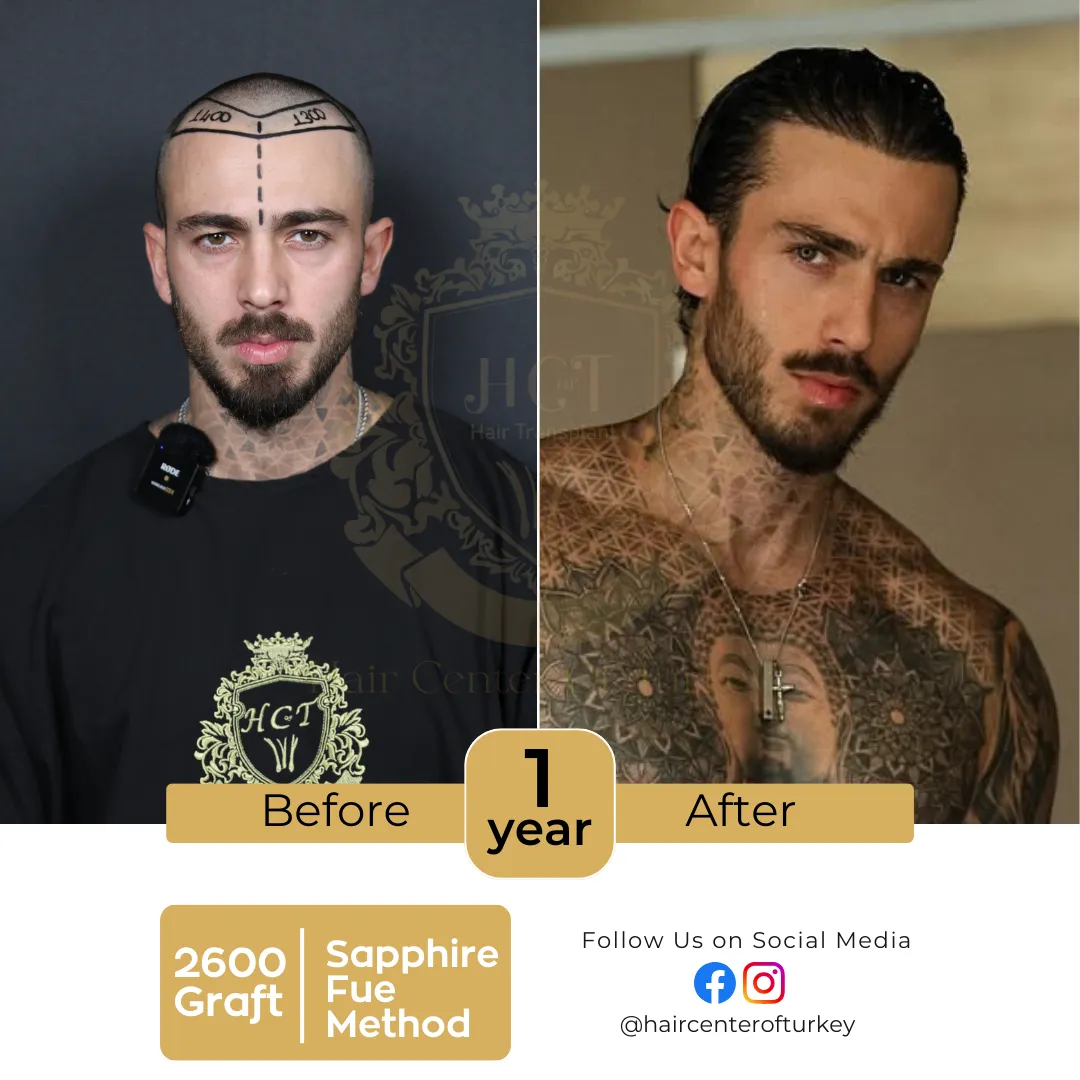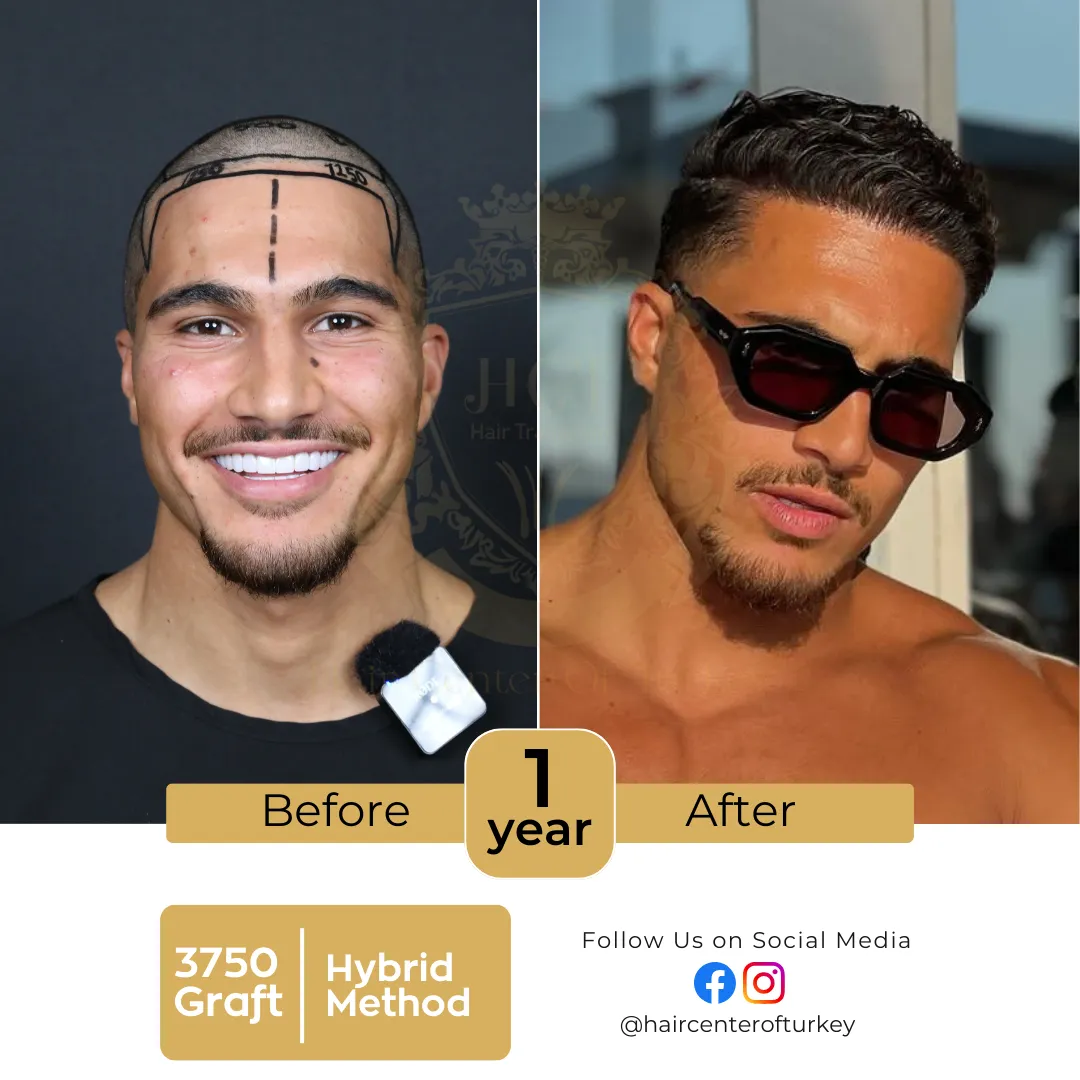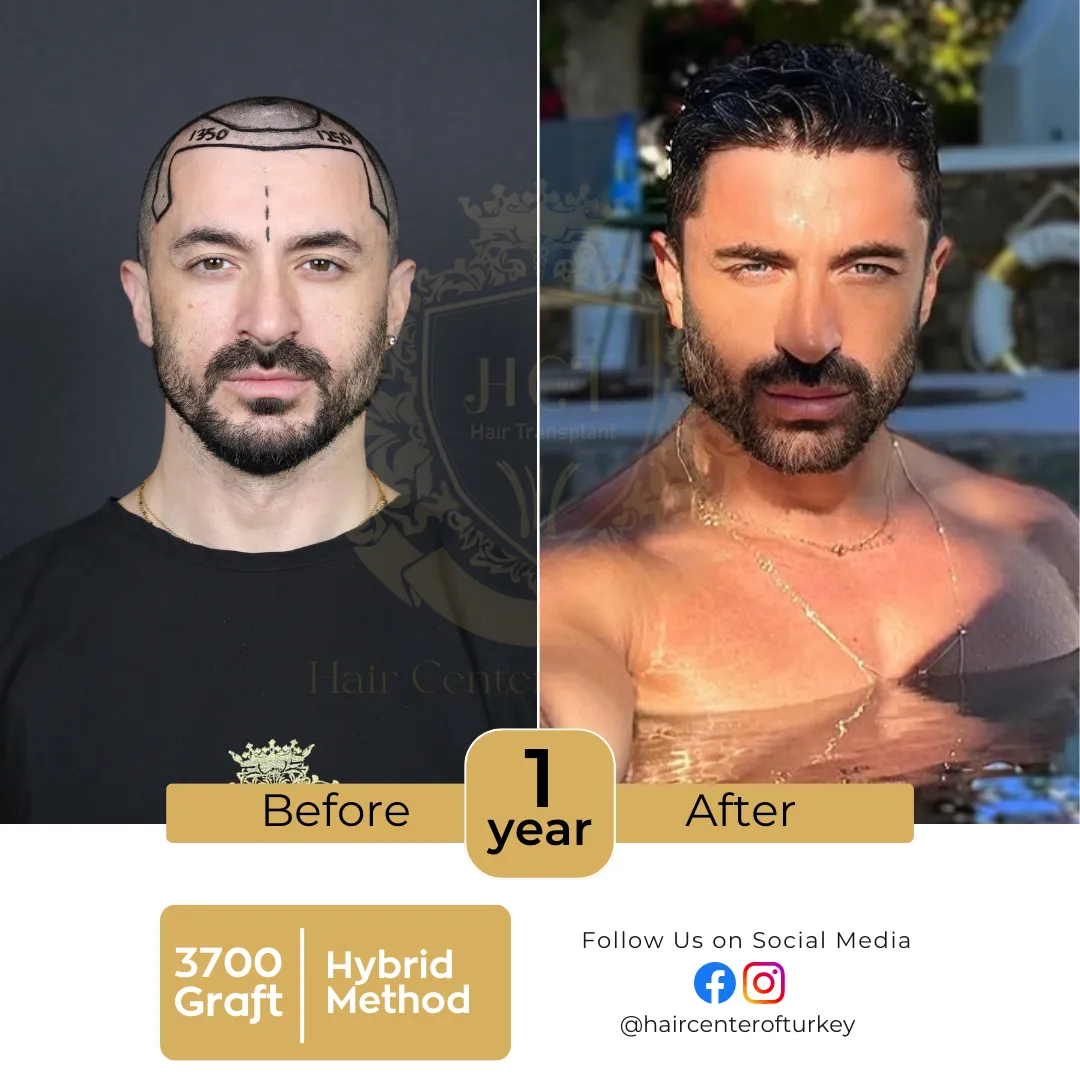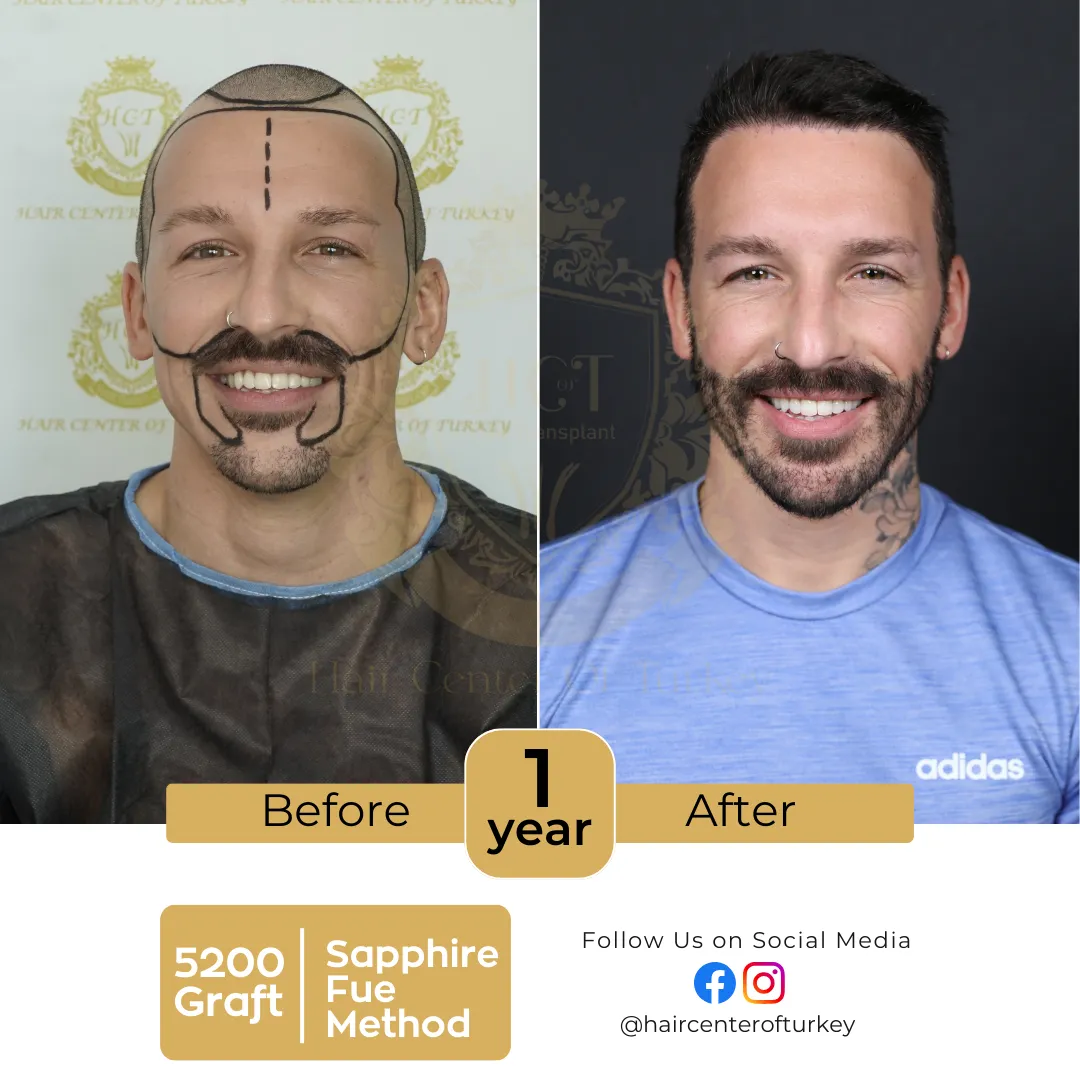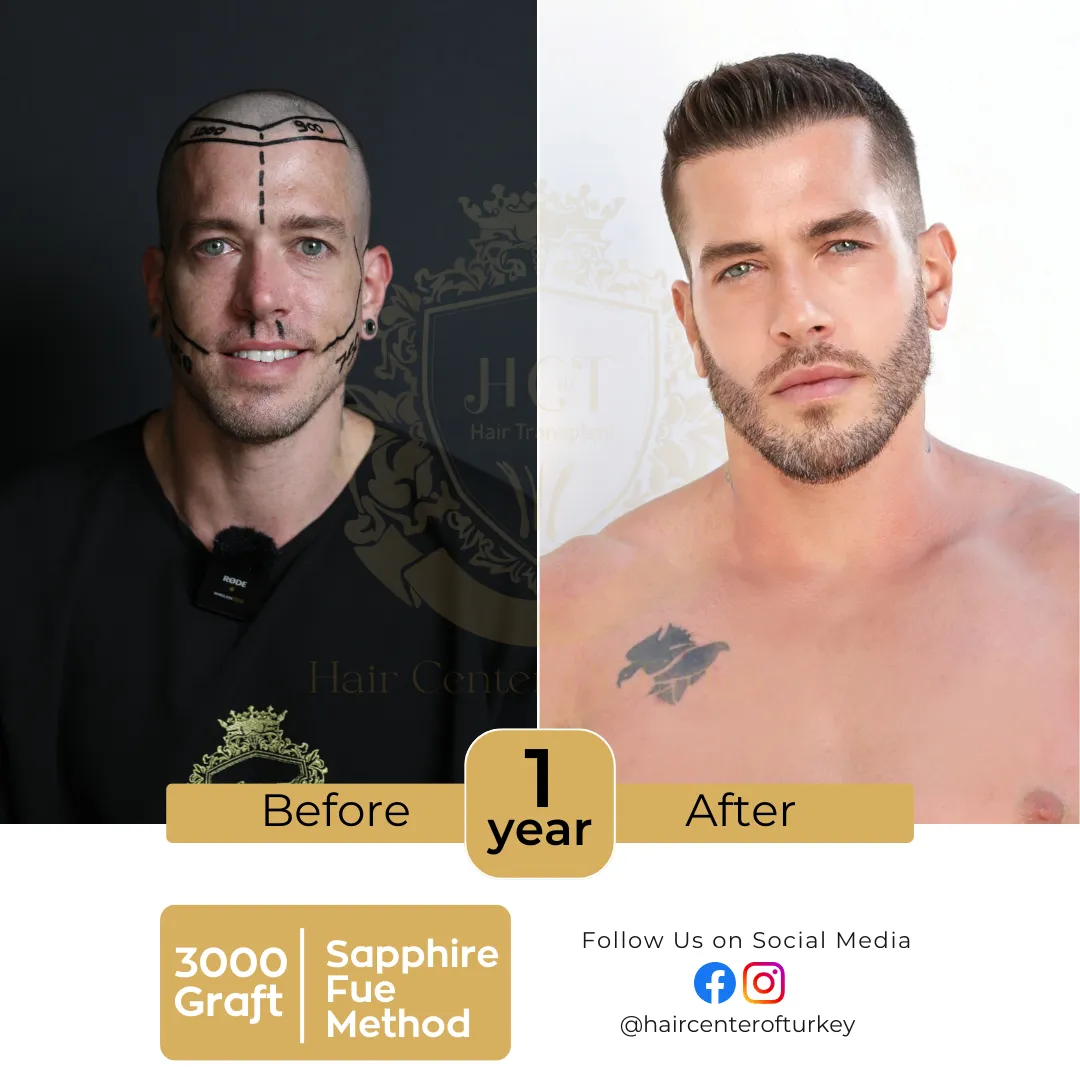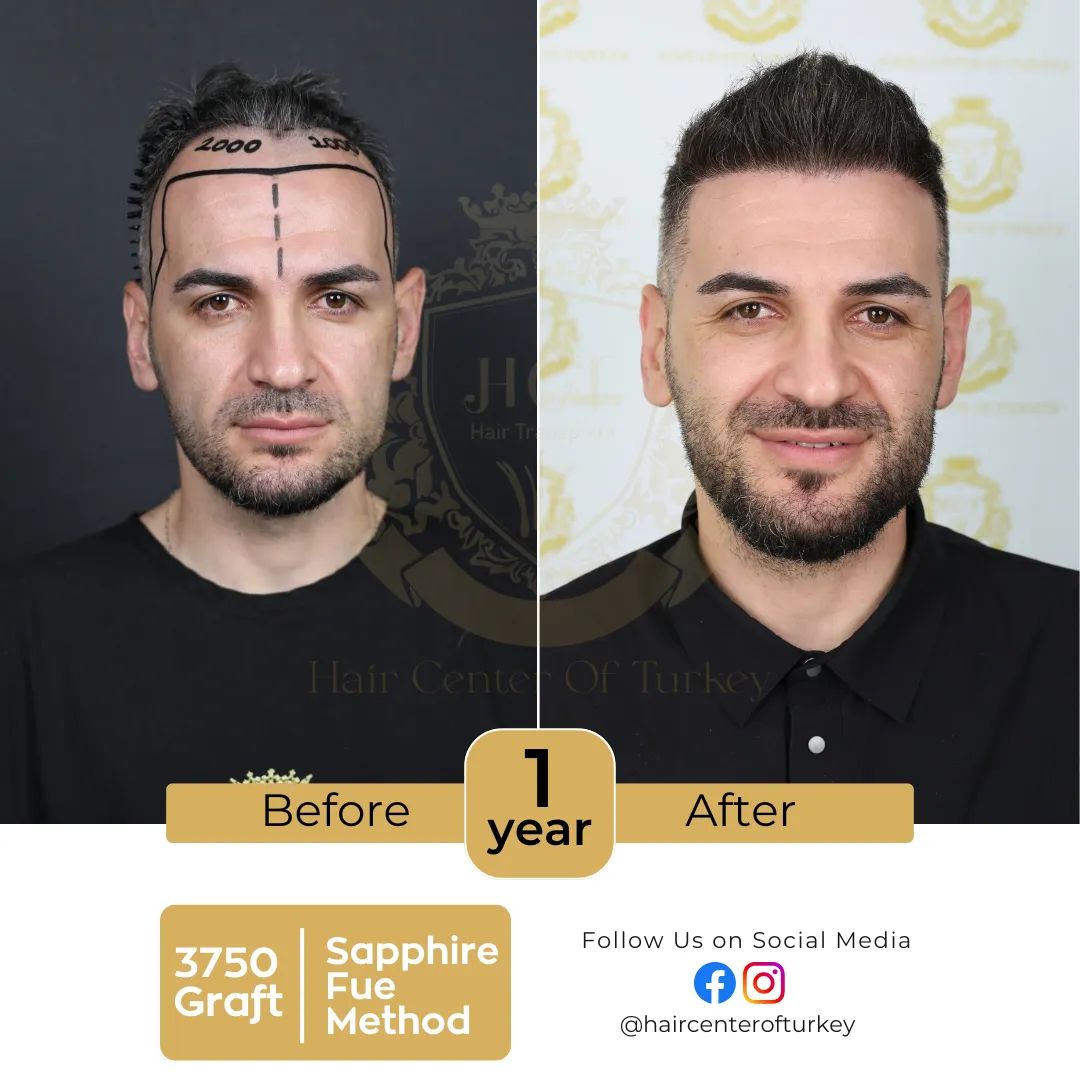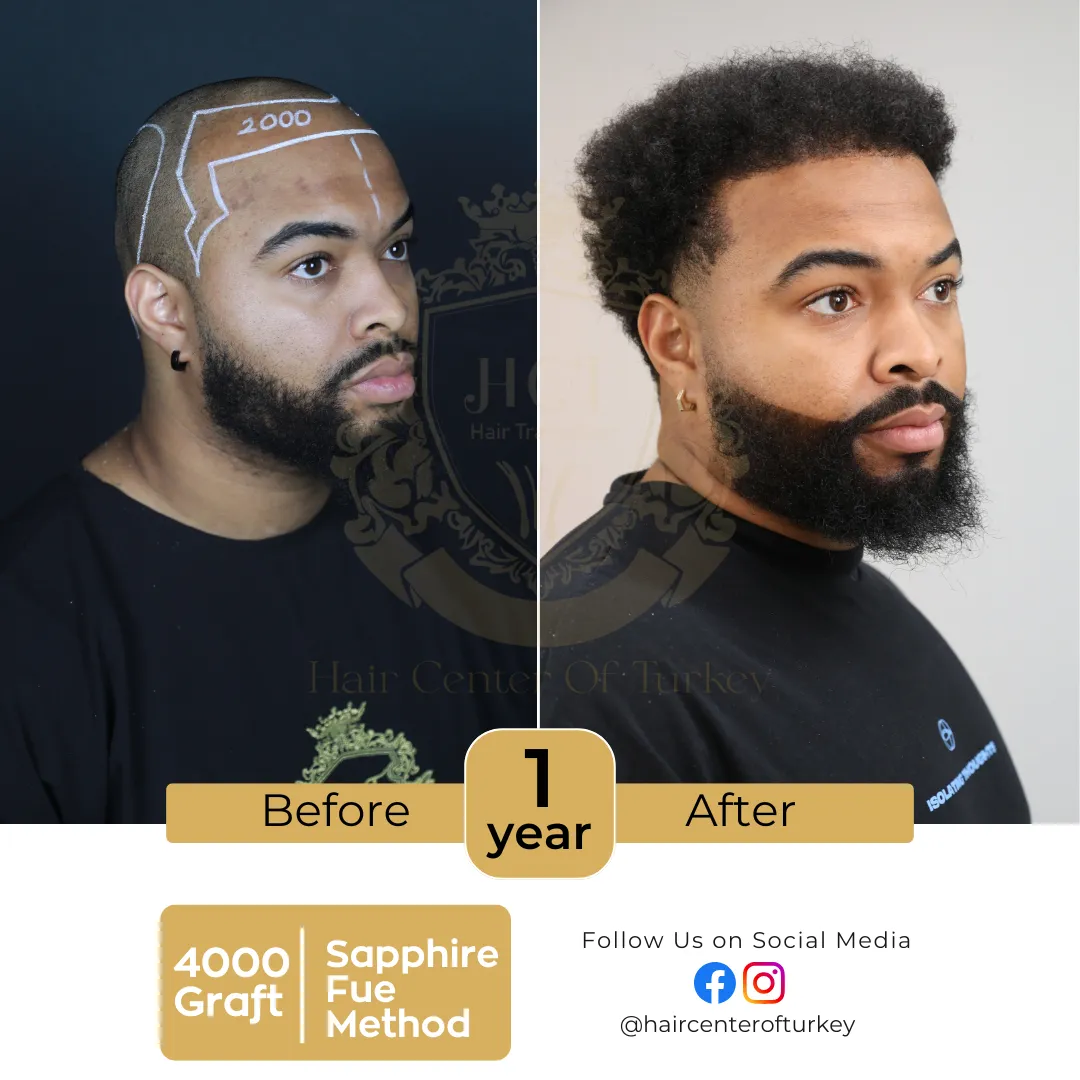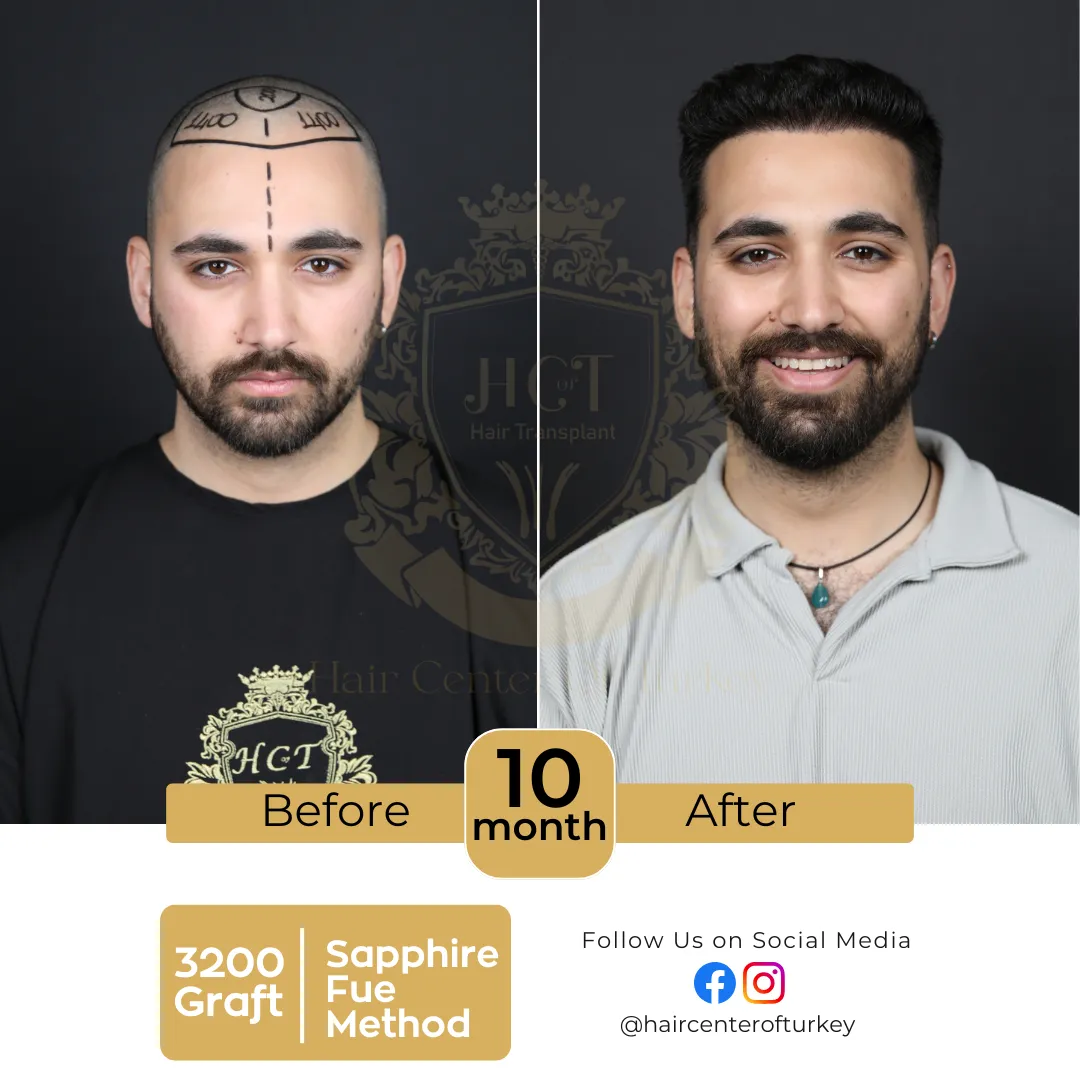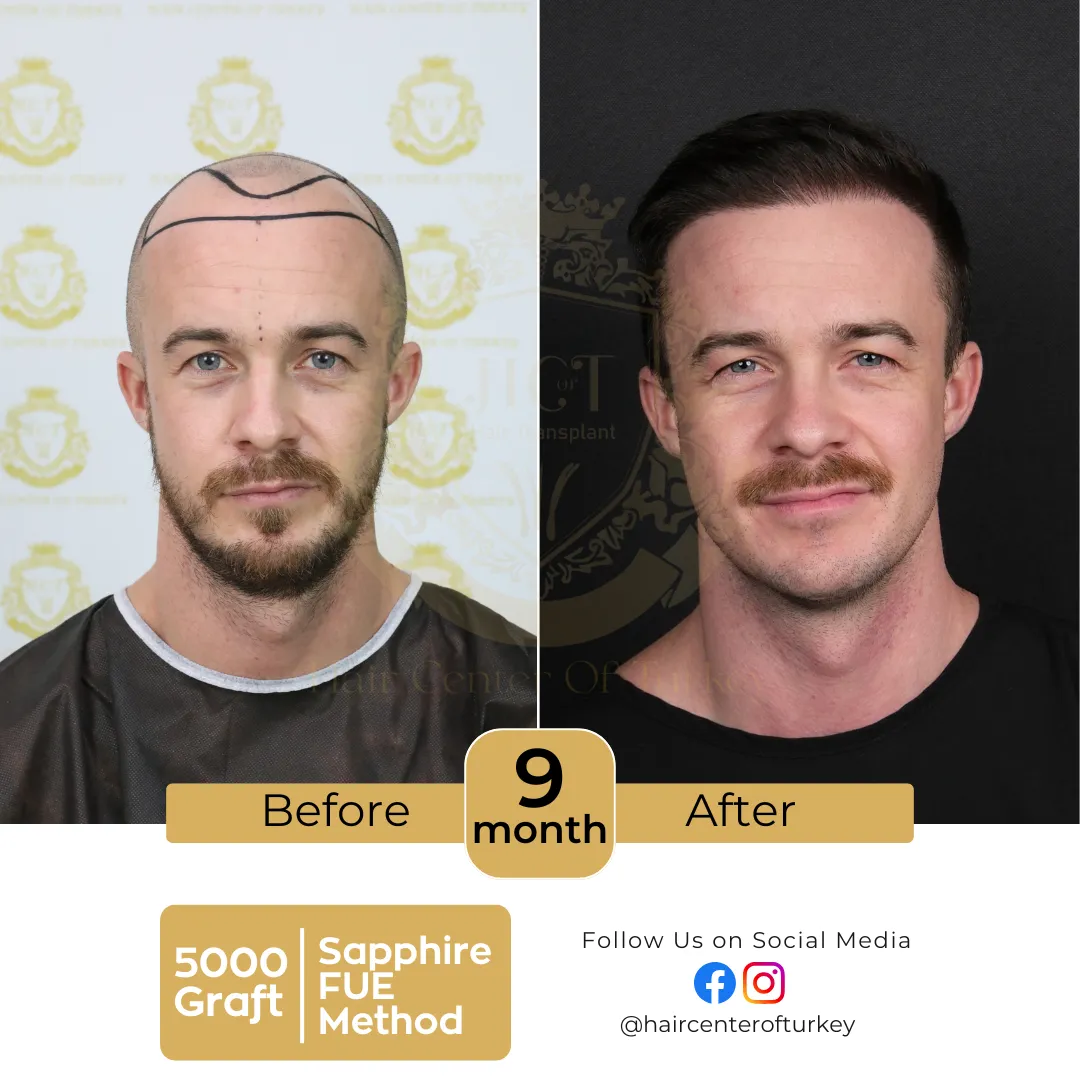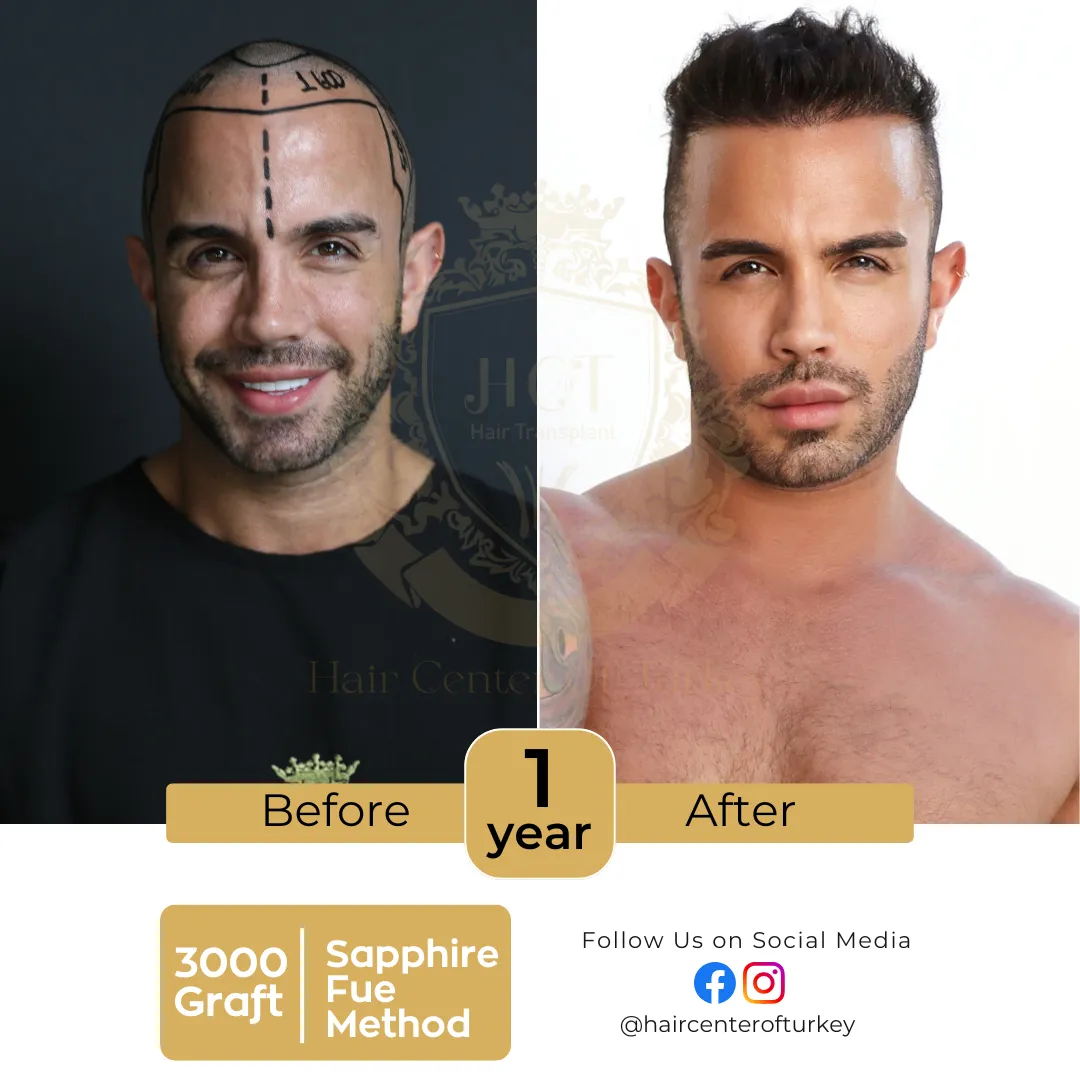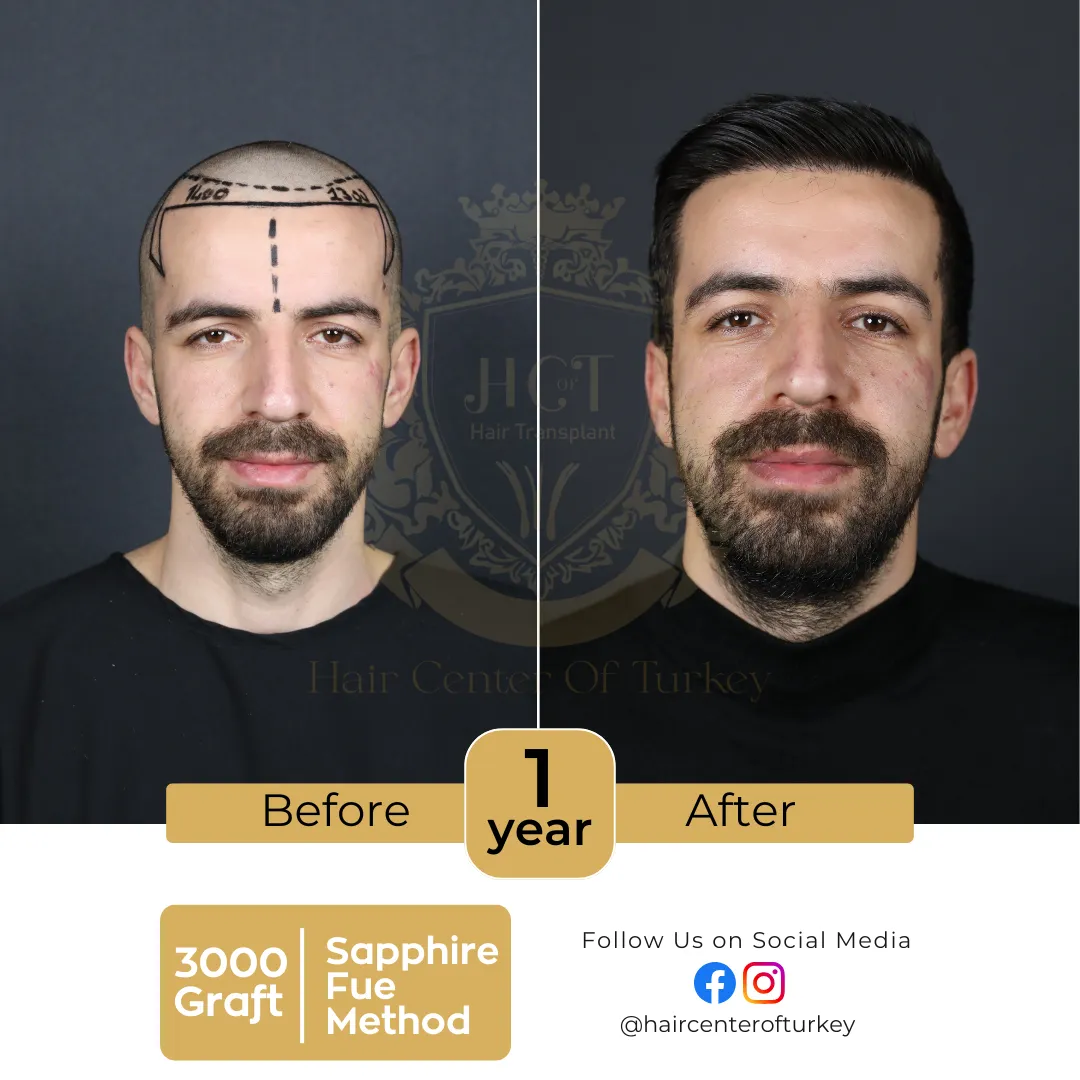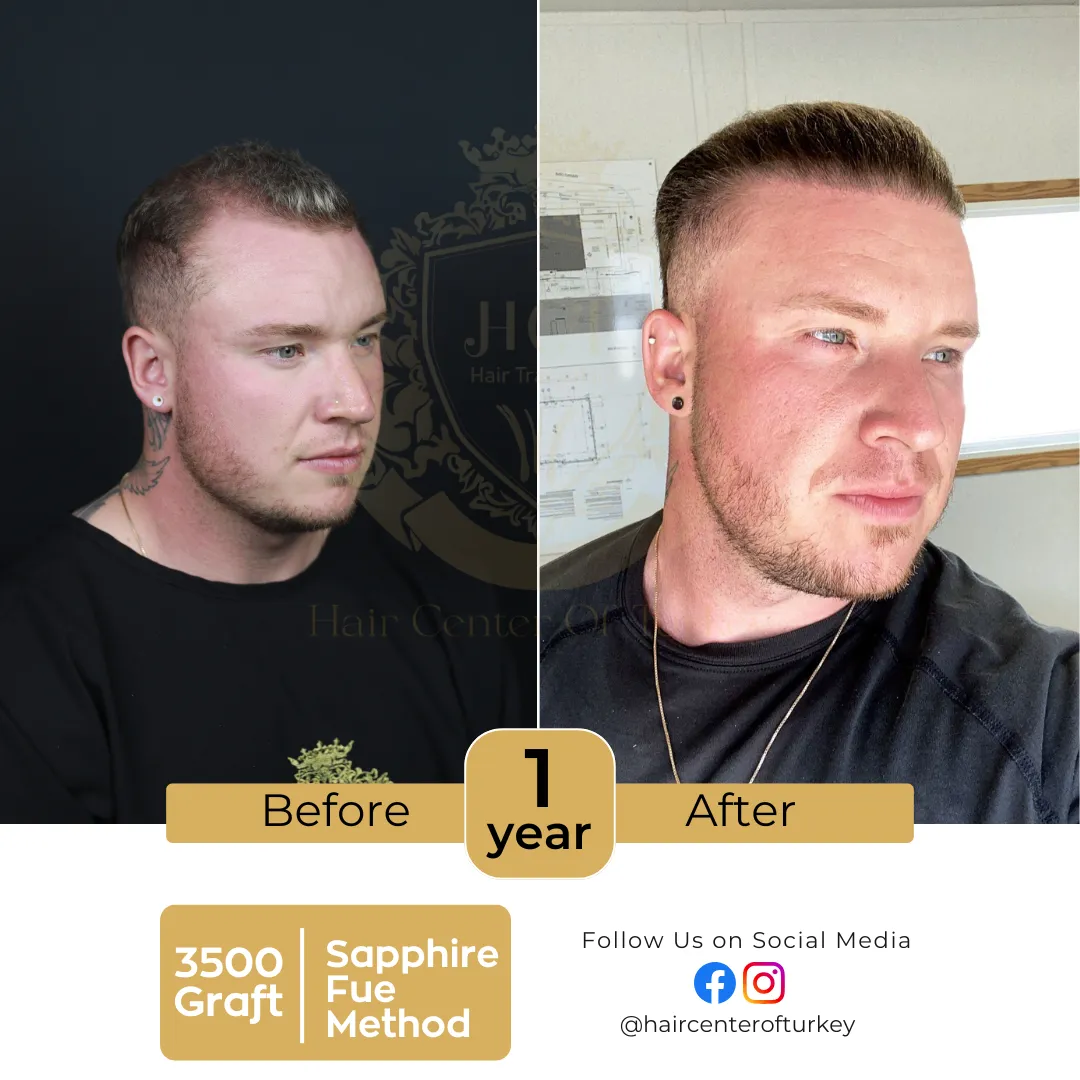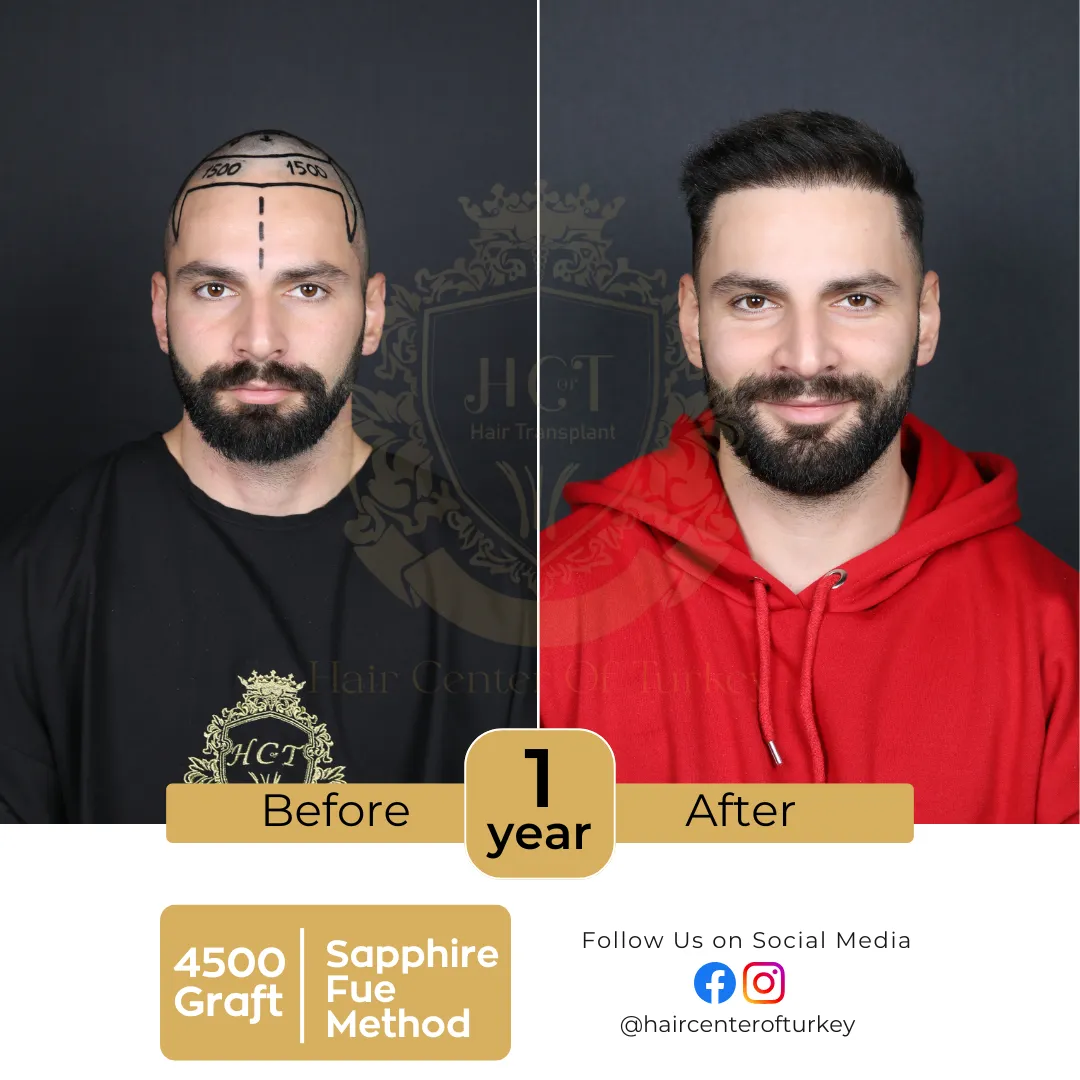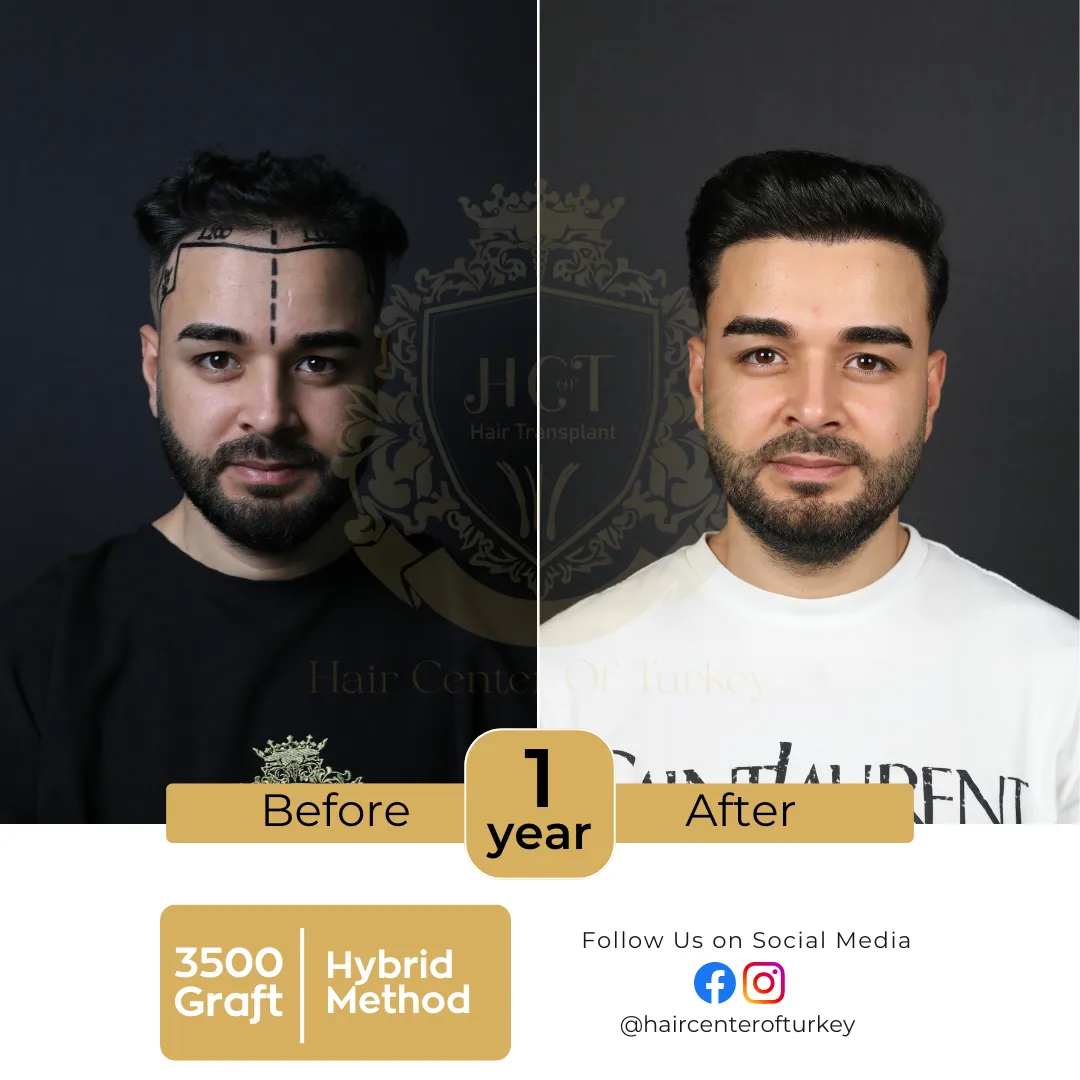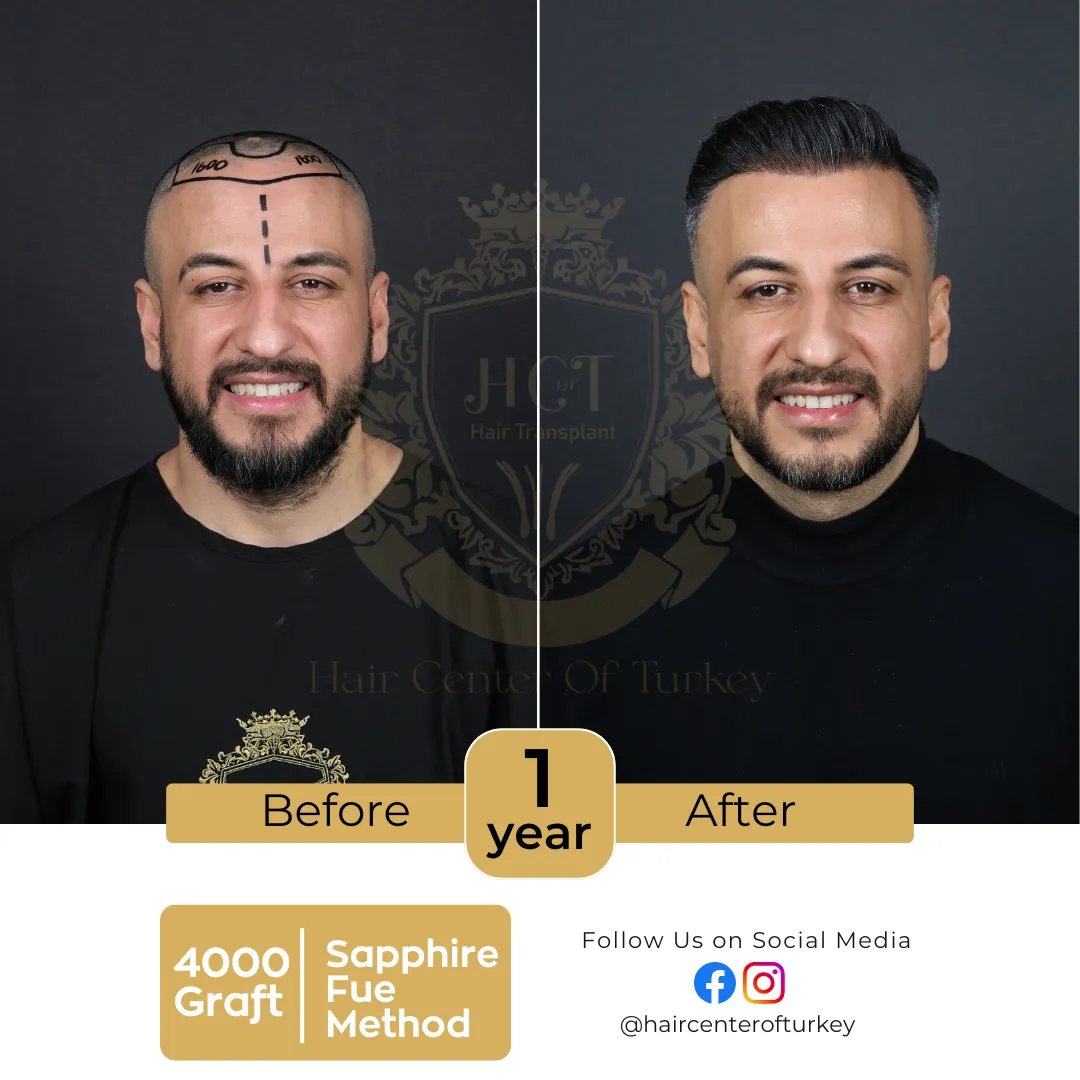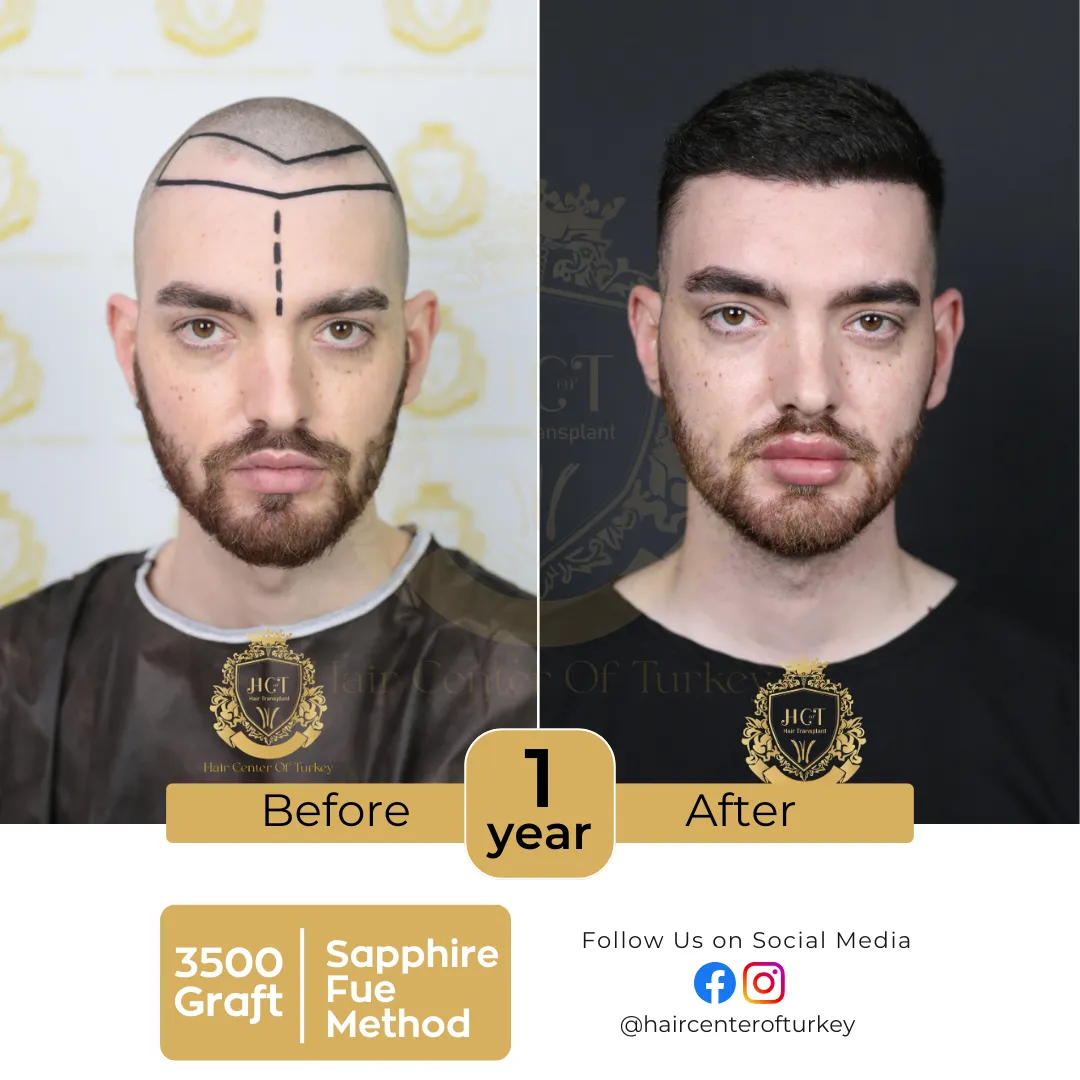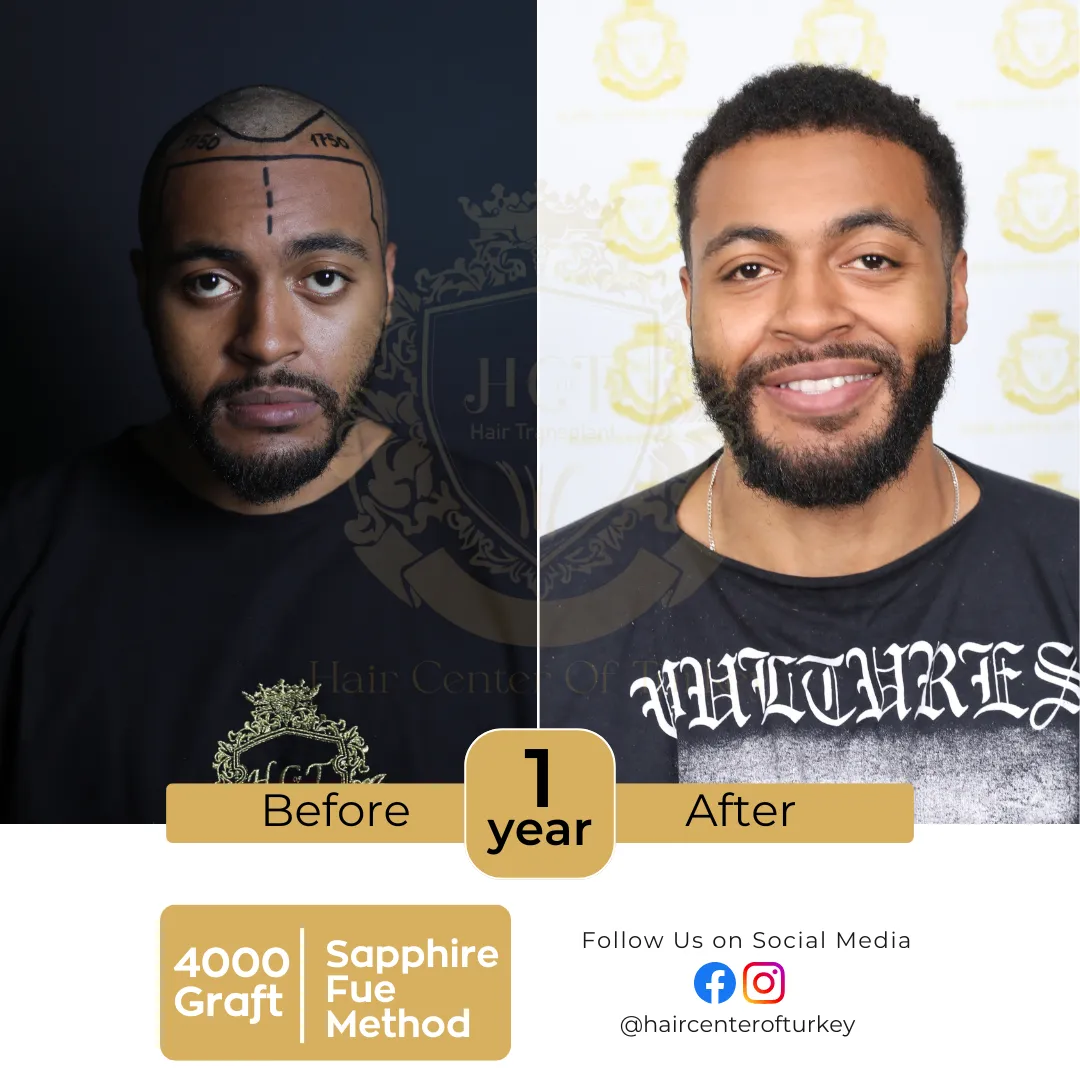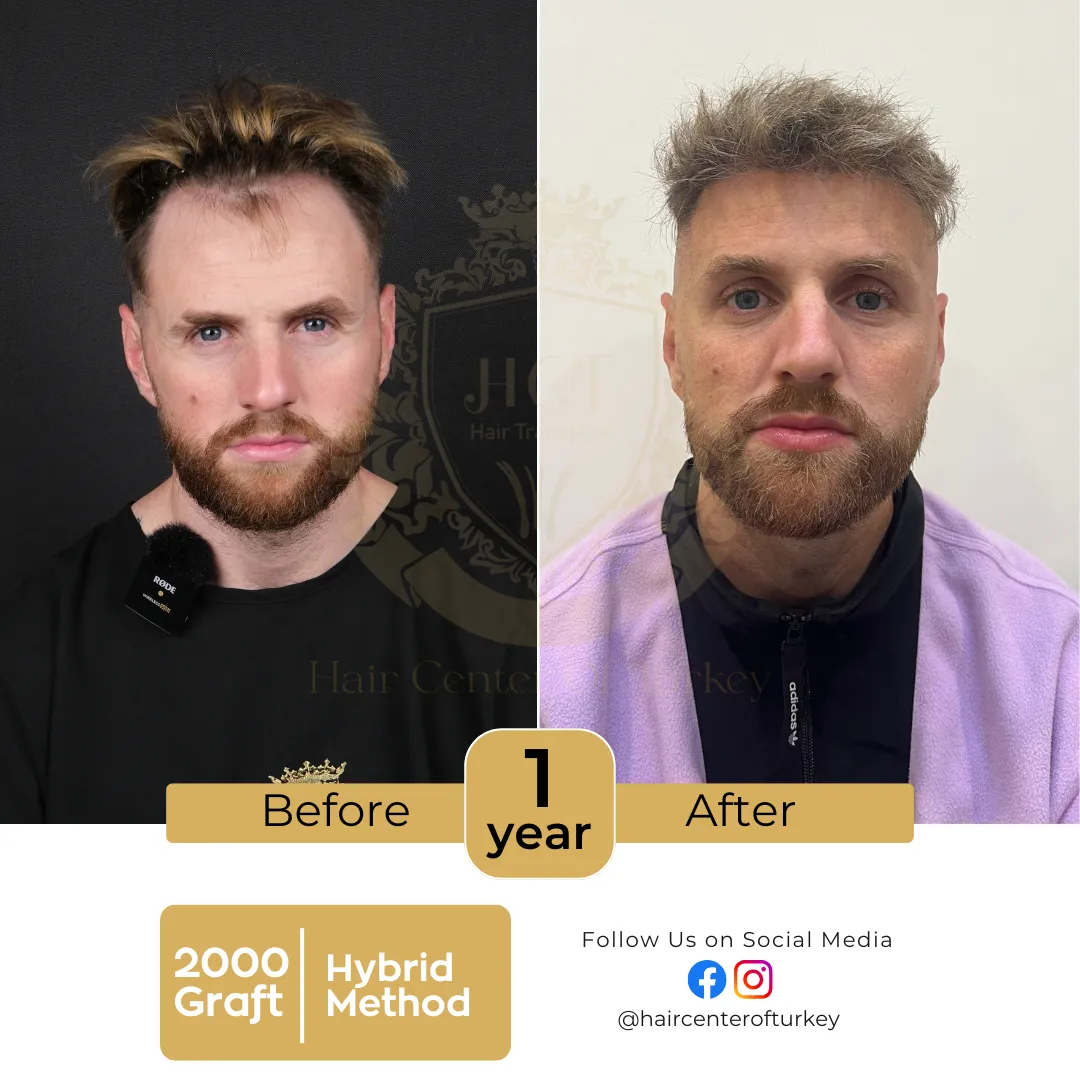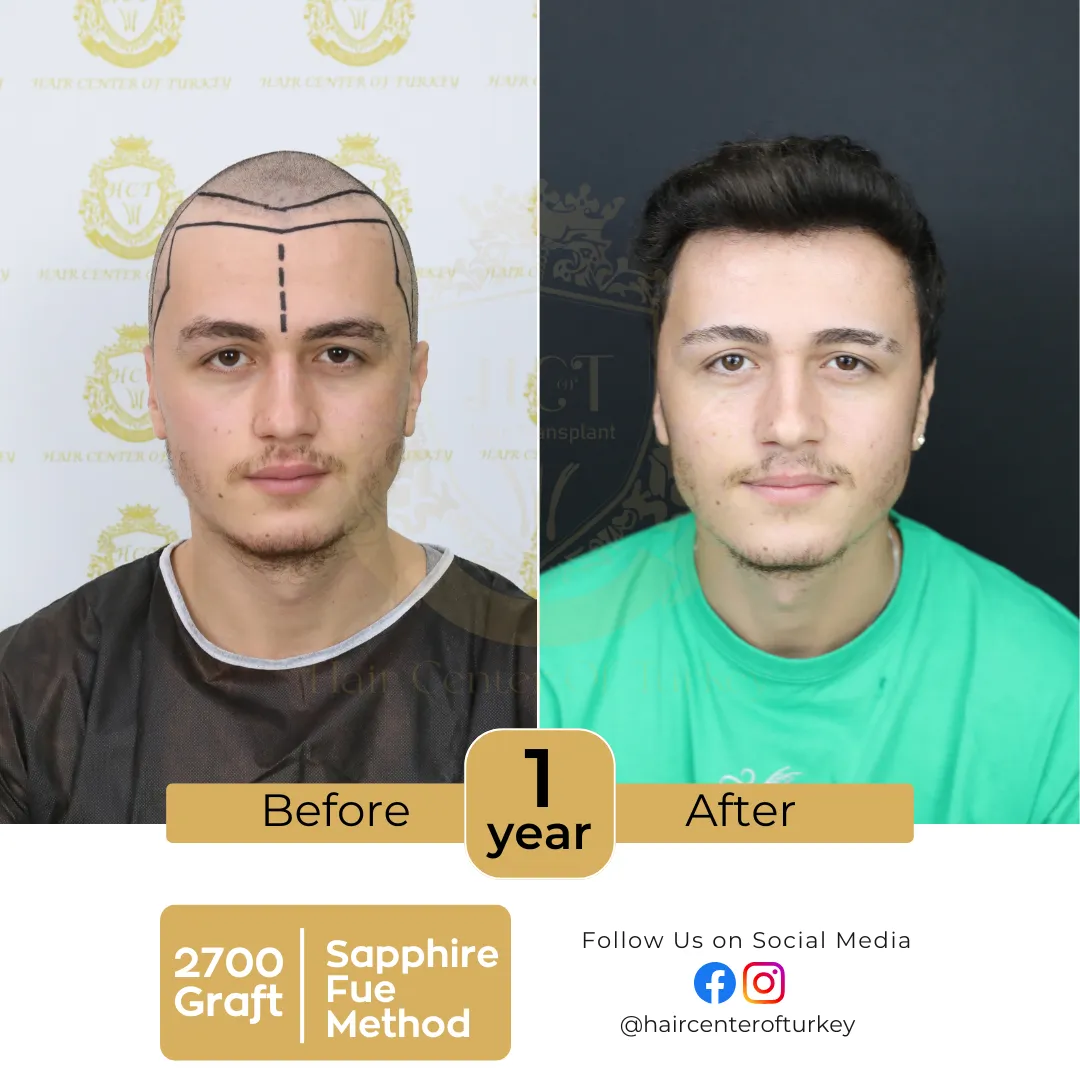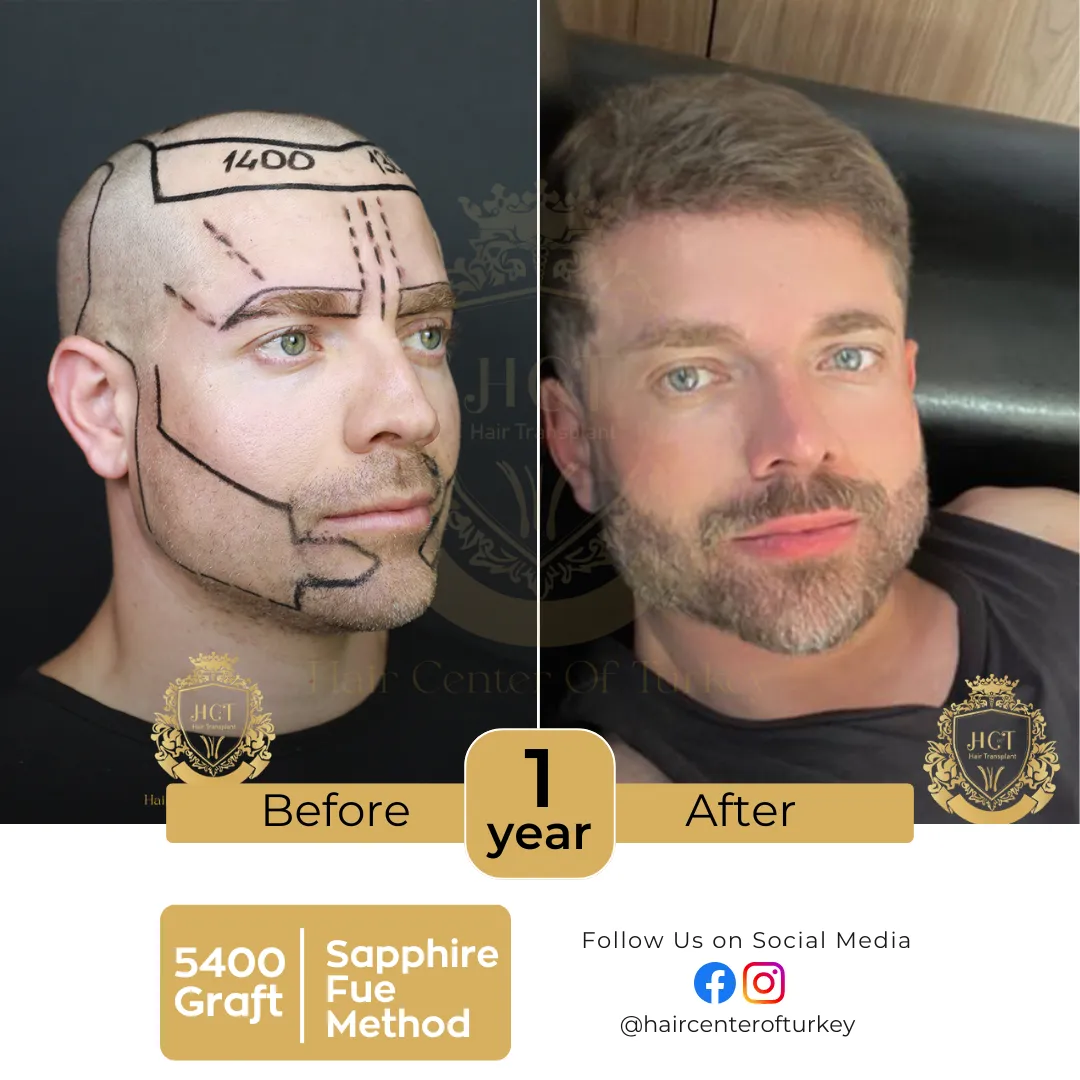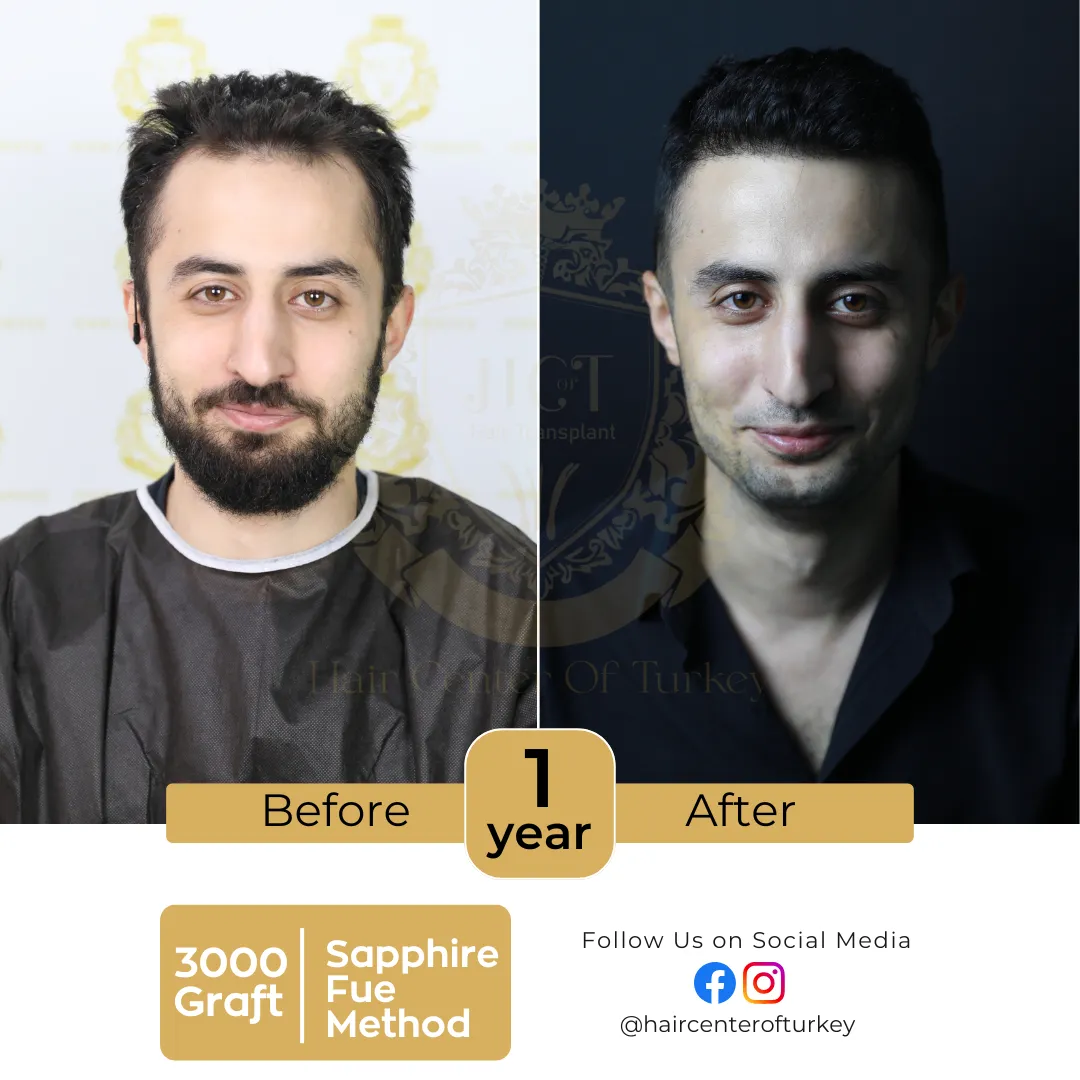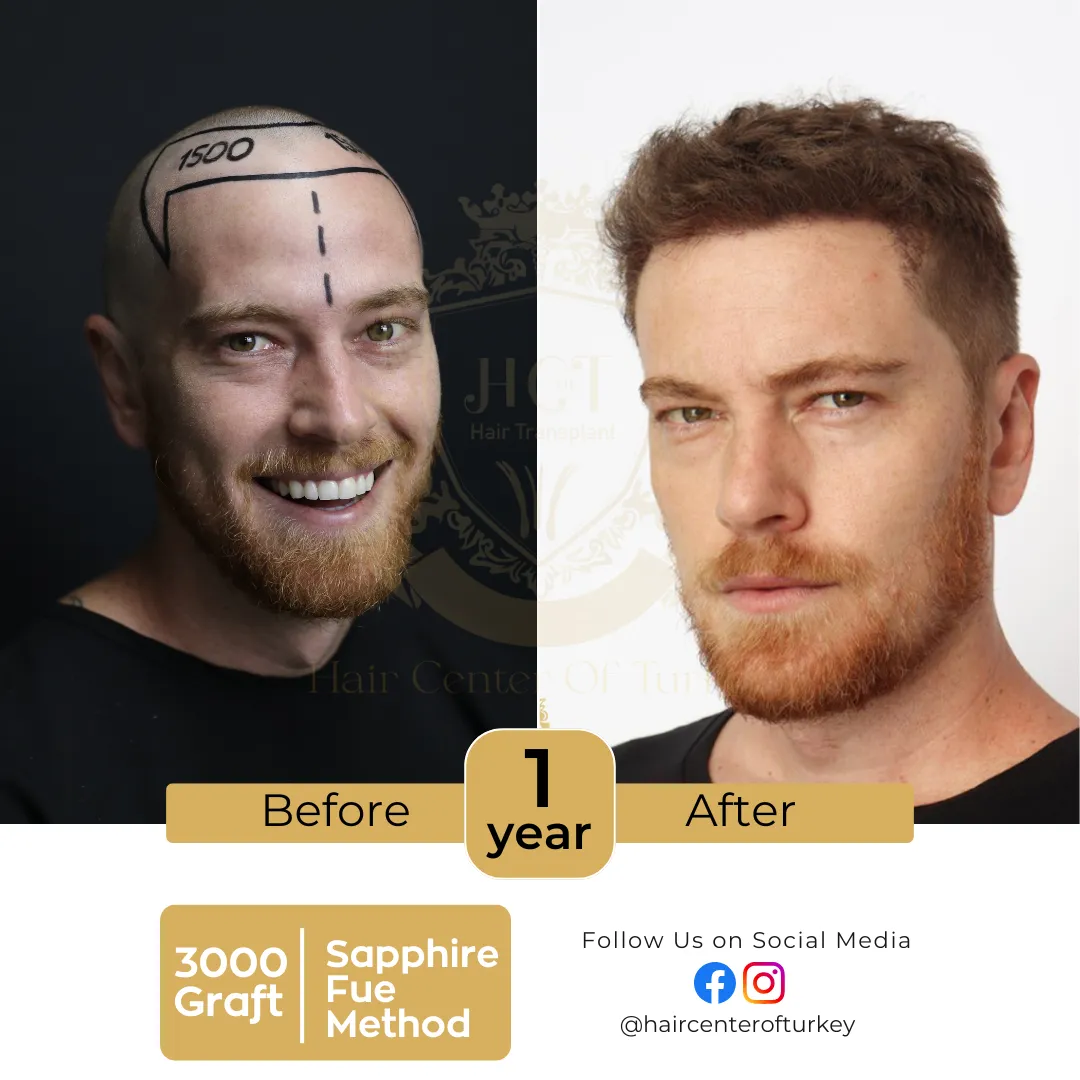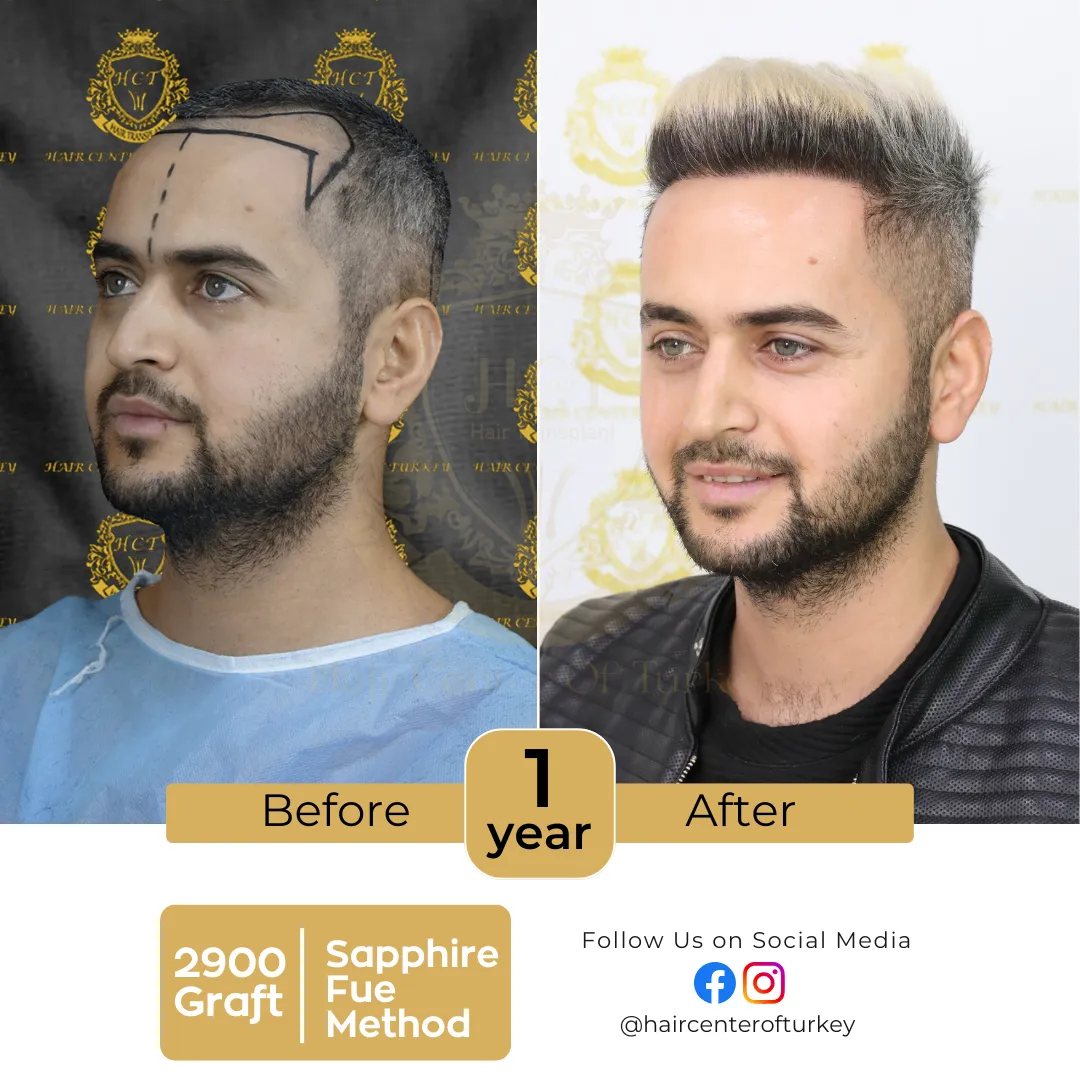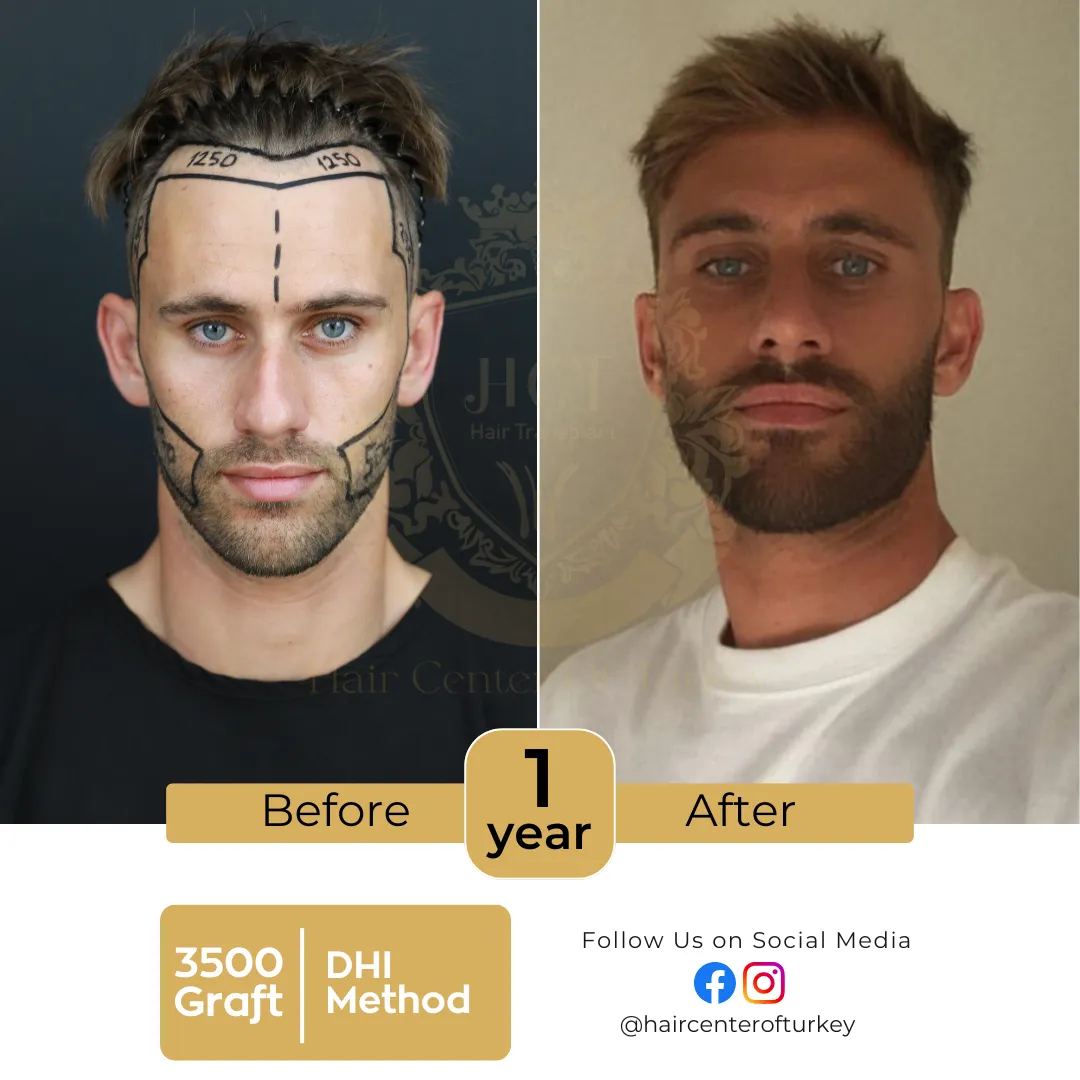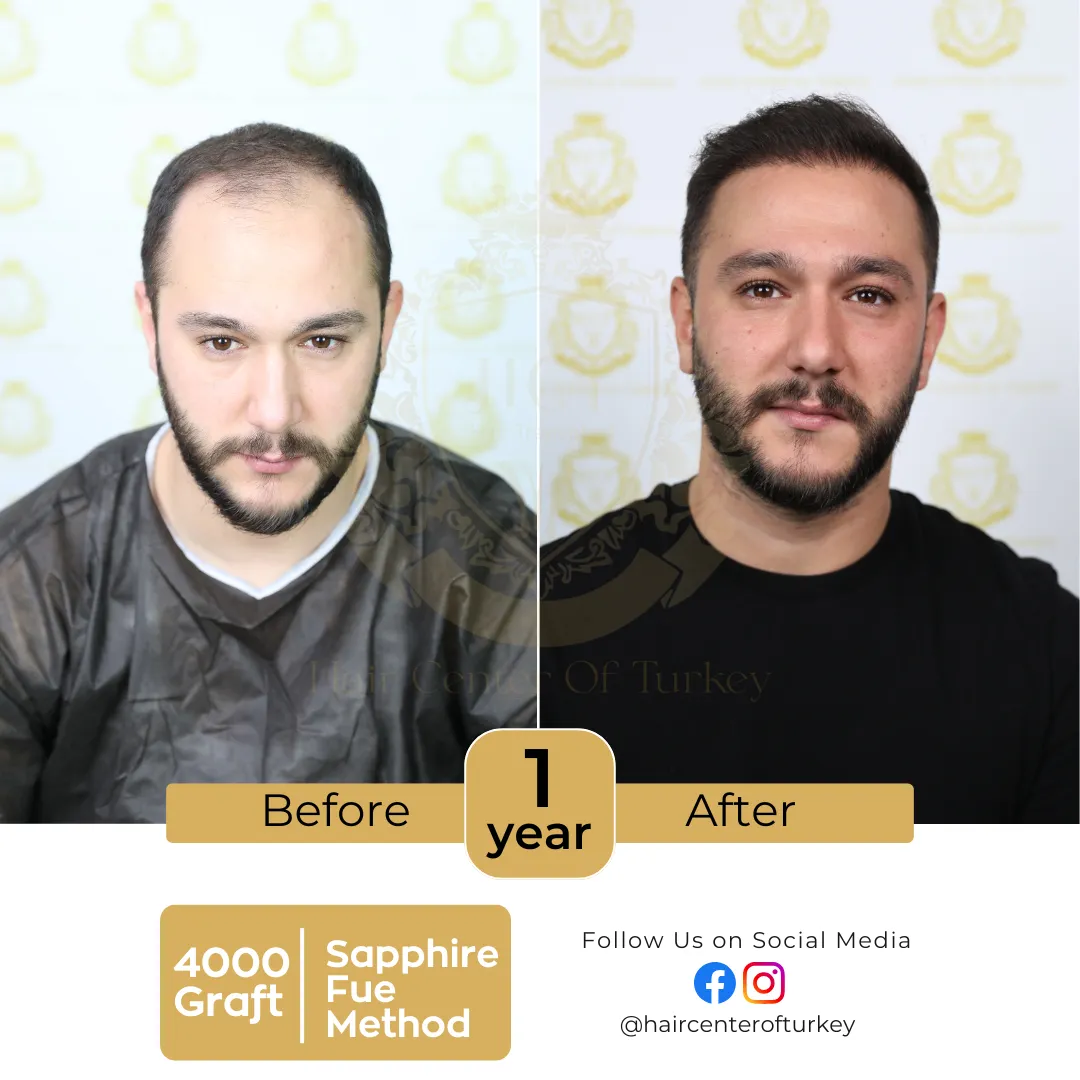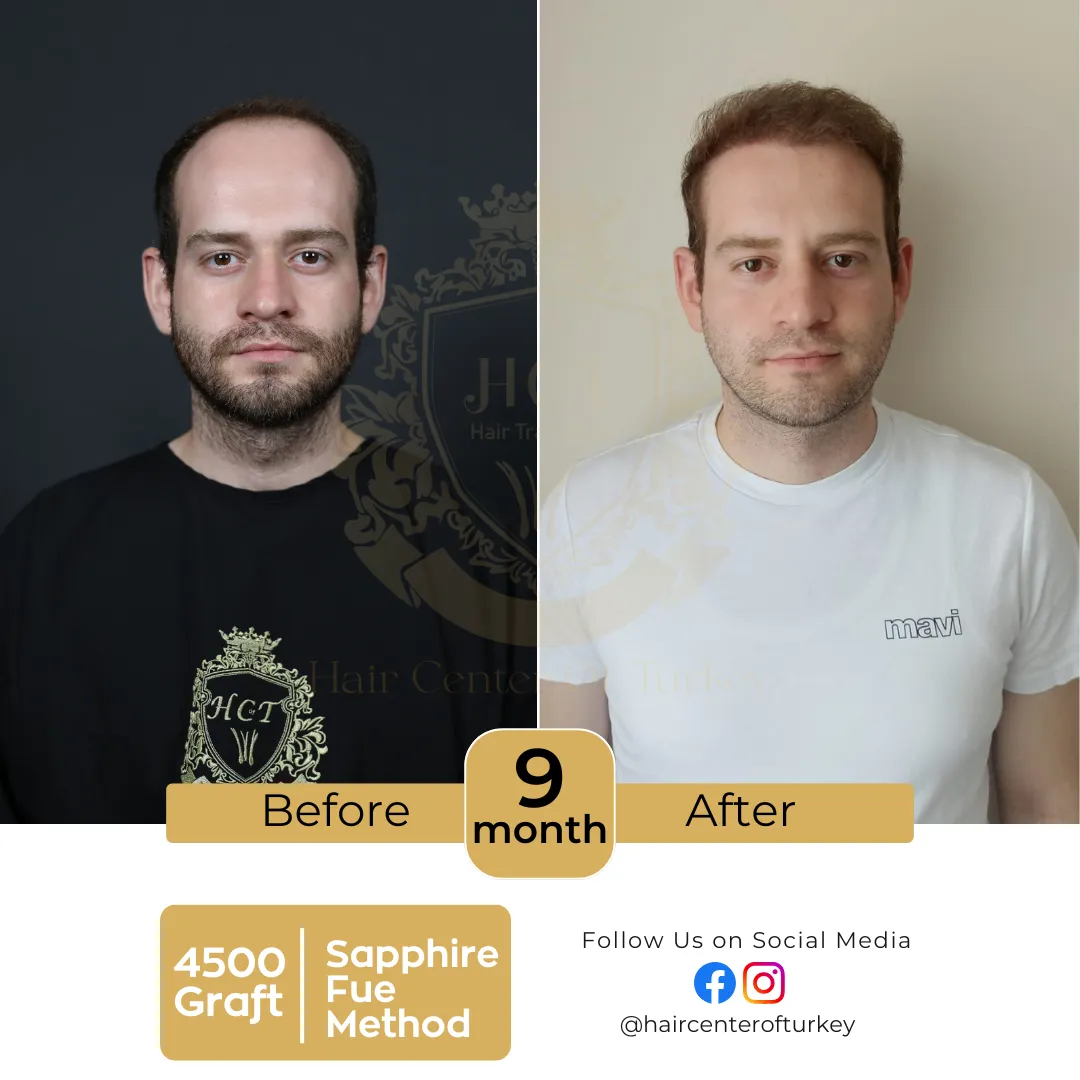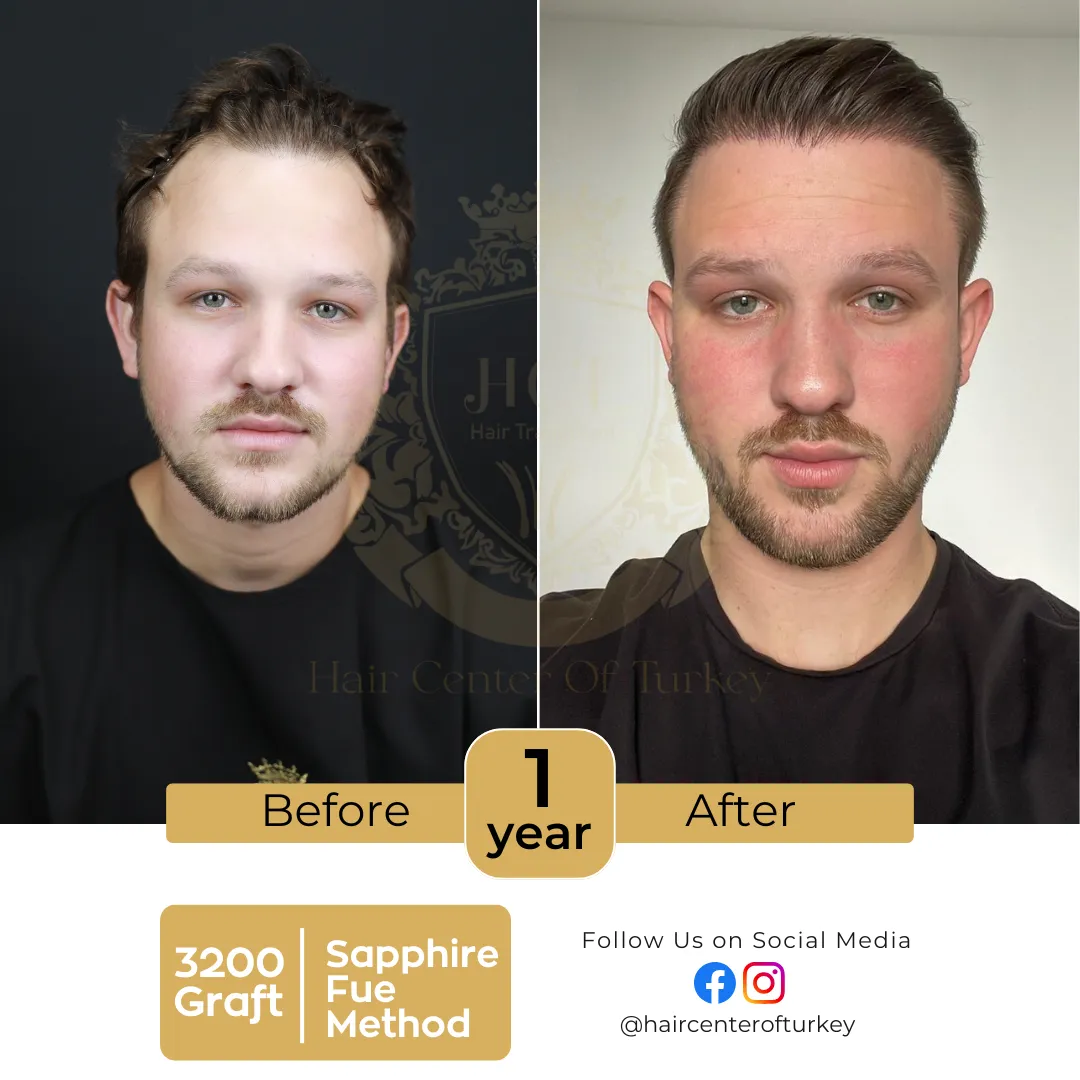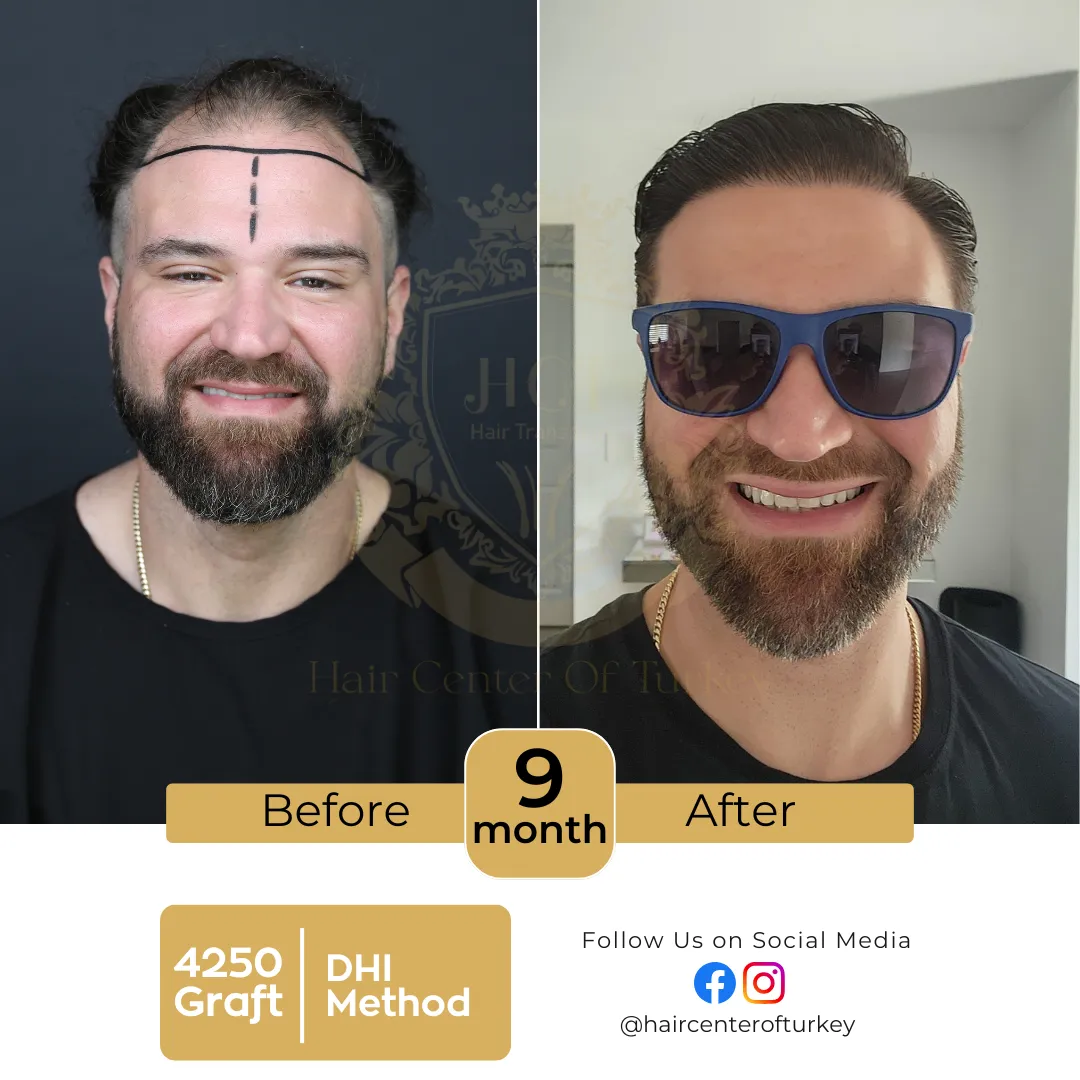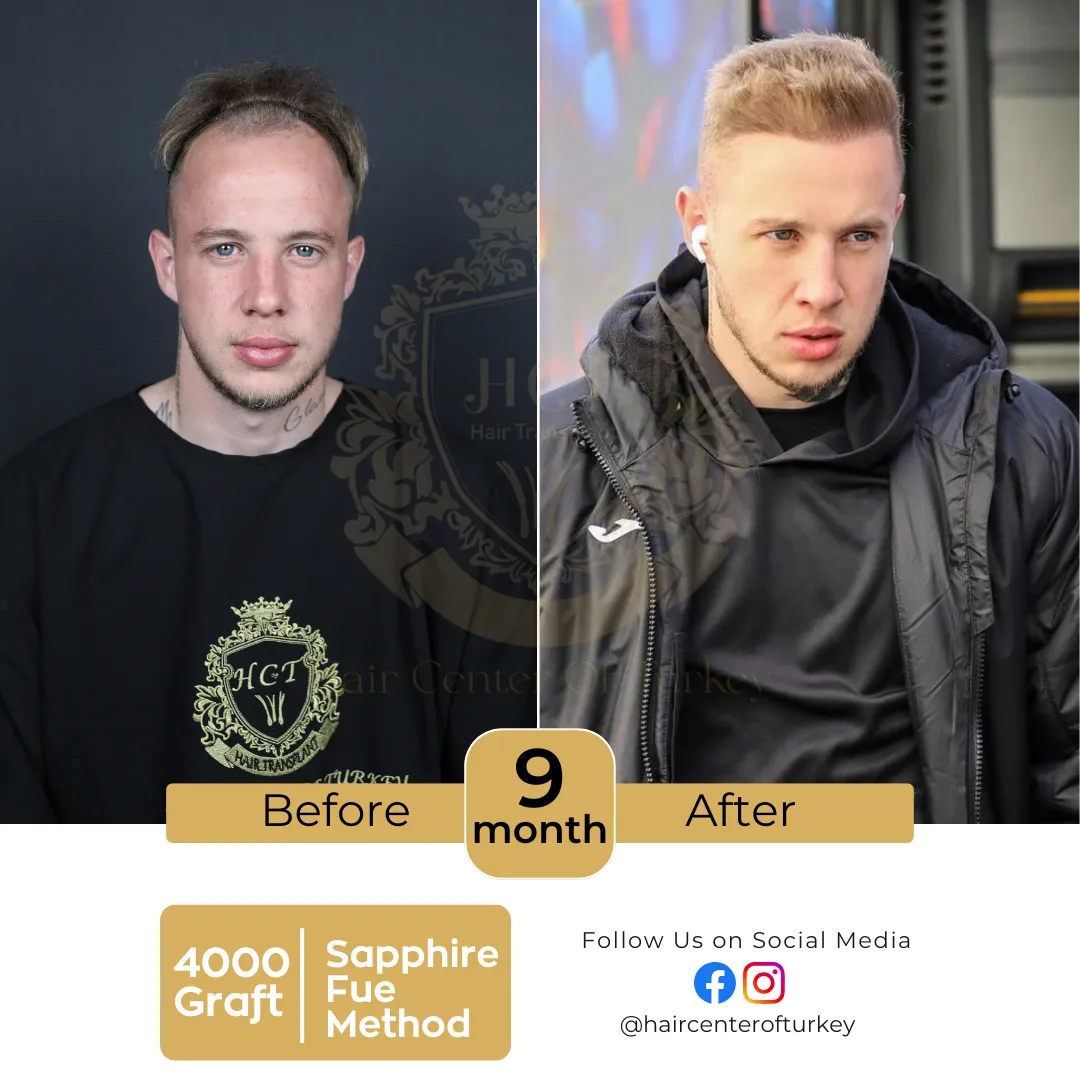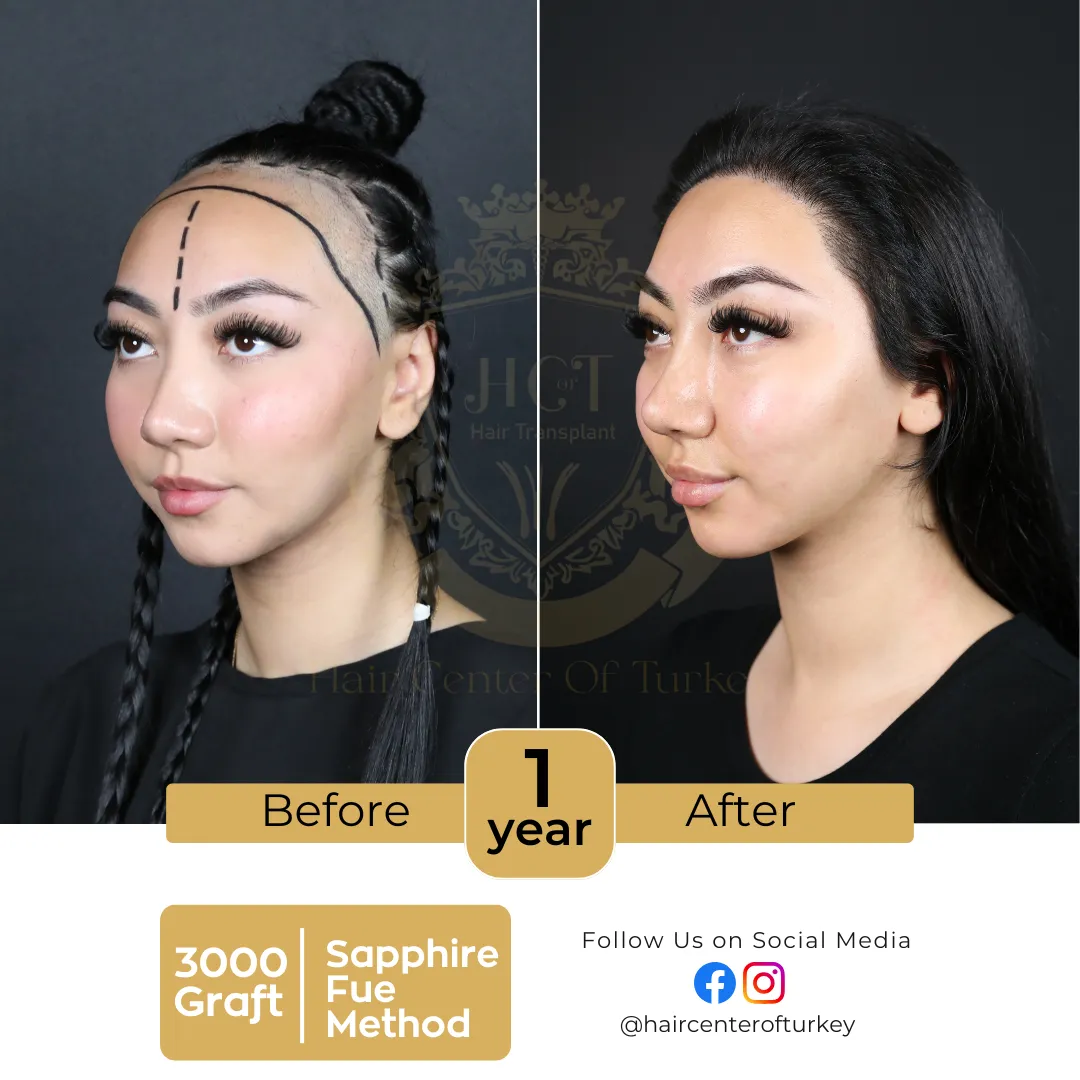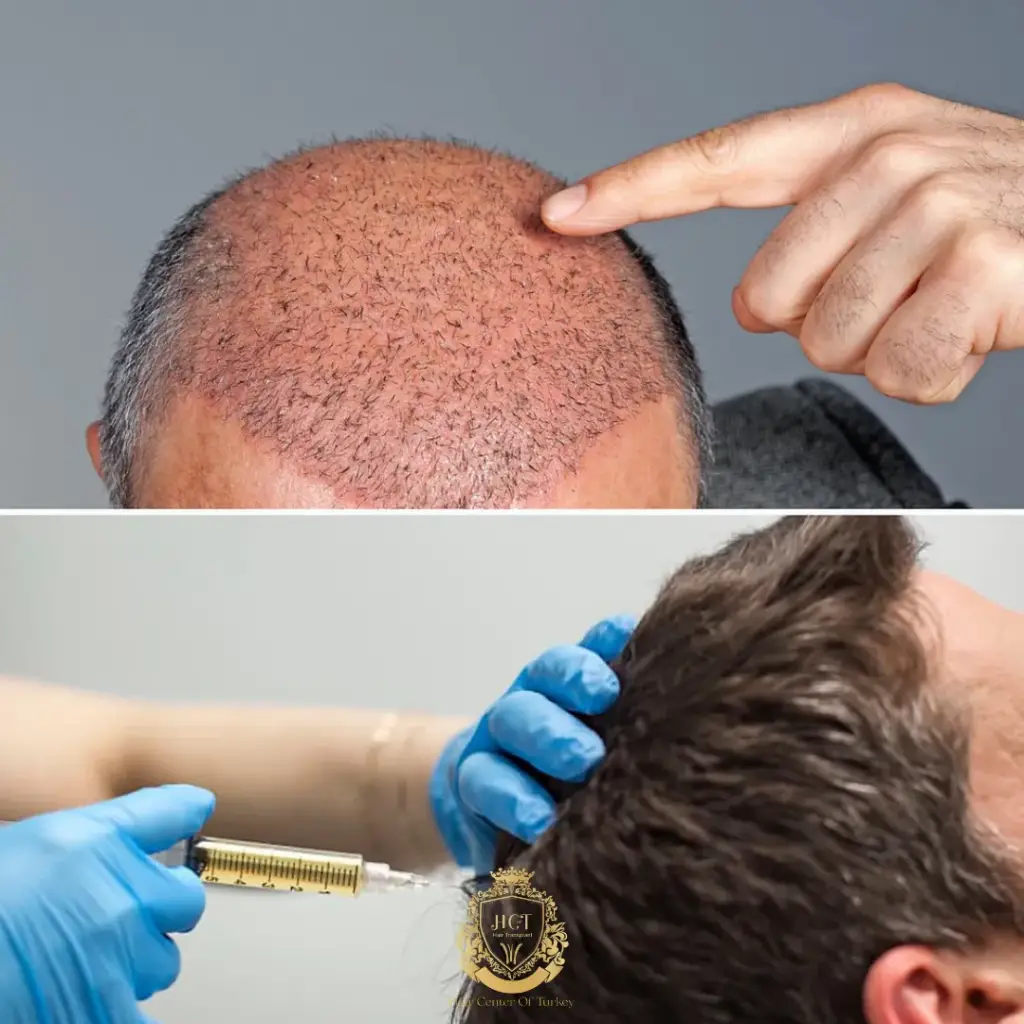Afro Hair Types 4A, 4B & 4C
Afro hair is beautiful, versatile, and rich with cultural significance. However, understanding the different afro hair types and how to care for them properly can sometimes feel overwhelming. This complete guide will help you identify your specific afro hair type, learn how to care for it, and embrace your natural texture with confidence.
What Are the Different Afro Hair Types?
Afro hair is generally classified under Type 4 in the hair typing system, which was popularized by stylist Andre Walker. Type 4 hair is known for its tight curls, coils, and kinks. It’s further divided into three subcategories: 4A, 4B, and 4C.
- Type 4A: Soft, defined S-shaped coils. Hair retains moisture relatively well but can still be prone to dryness.
- Type 4B: Z-shaped curls with less definition. This hair type is fluffy, cotton-like, and bends in sharp angles rather than curves.
- Type 4C: Very tightly coiled with little to no defined curl pattern. 4C hair is the most fragile and can shrink up to 75% of its actual length.
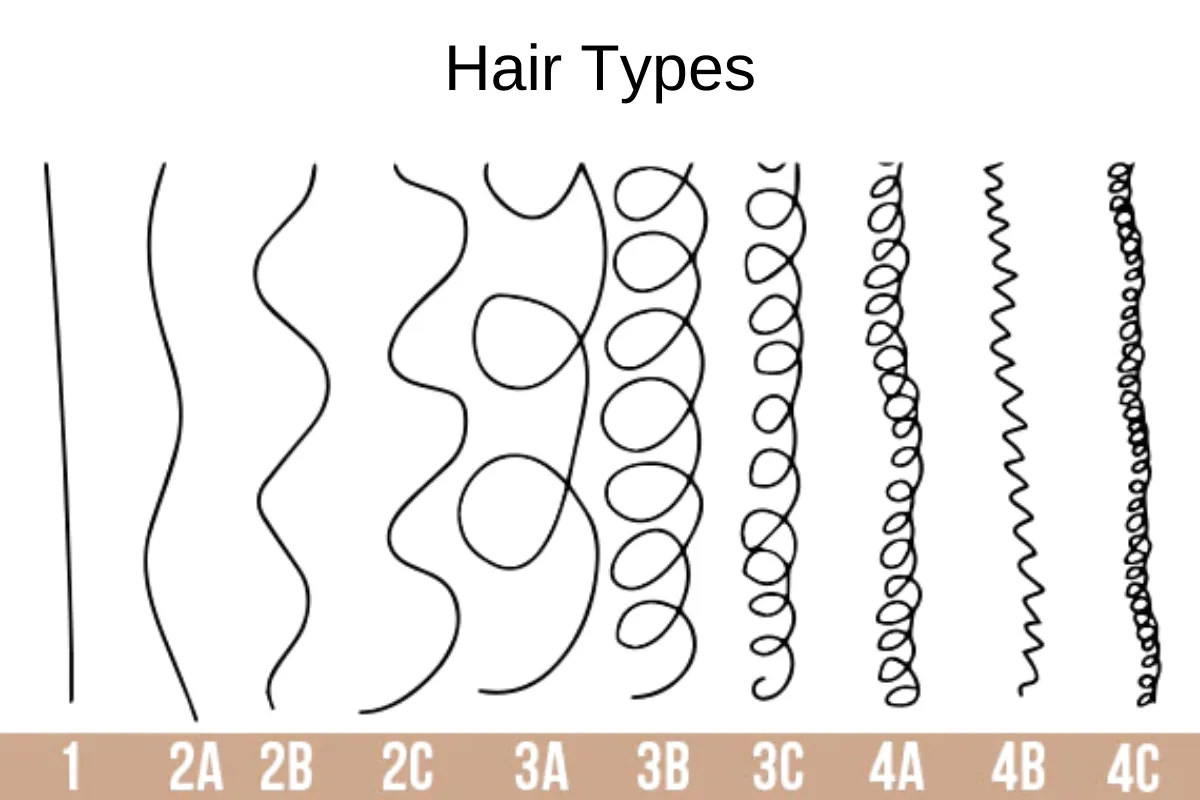
How Can You Identify Your Afro Hair Type at Home?
Identifying your afro hair type requires observing your natural hair without any products that stretch, relax, or alter the curl pattern.
- Wash your hair and let it air dry without applying heavy creams or gels.
- Examine the curl pattern: Look for whether your curls form tight S-shapes, zig-zags, or tiny coils.
- Assess shrinkage and texture: Notice how much your hair shrinks after drying and whether it feels soft, dense, or wiry.
What Are the Unique Characteristics of Each Afro Hair Type?
Each afro hair type comes with its own beautiful traits and unique needs:
- Type 4A: Well-defined, soft curls that can retain moisture with regular hydration. Less shrinkage compared to 4B and 4C.
- Type 4B: Less curl definition, more volume. Hair needs extra moisture and benefits from heavier creams and butters.
- Type 4C: Minimal natural definition, maximum shrinkage. It is fragile, prone to breakage, and requires gentle handling and intense moisturizing routines.
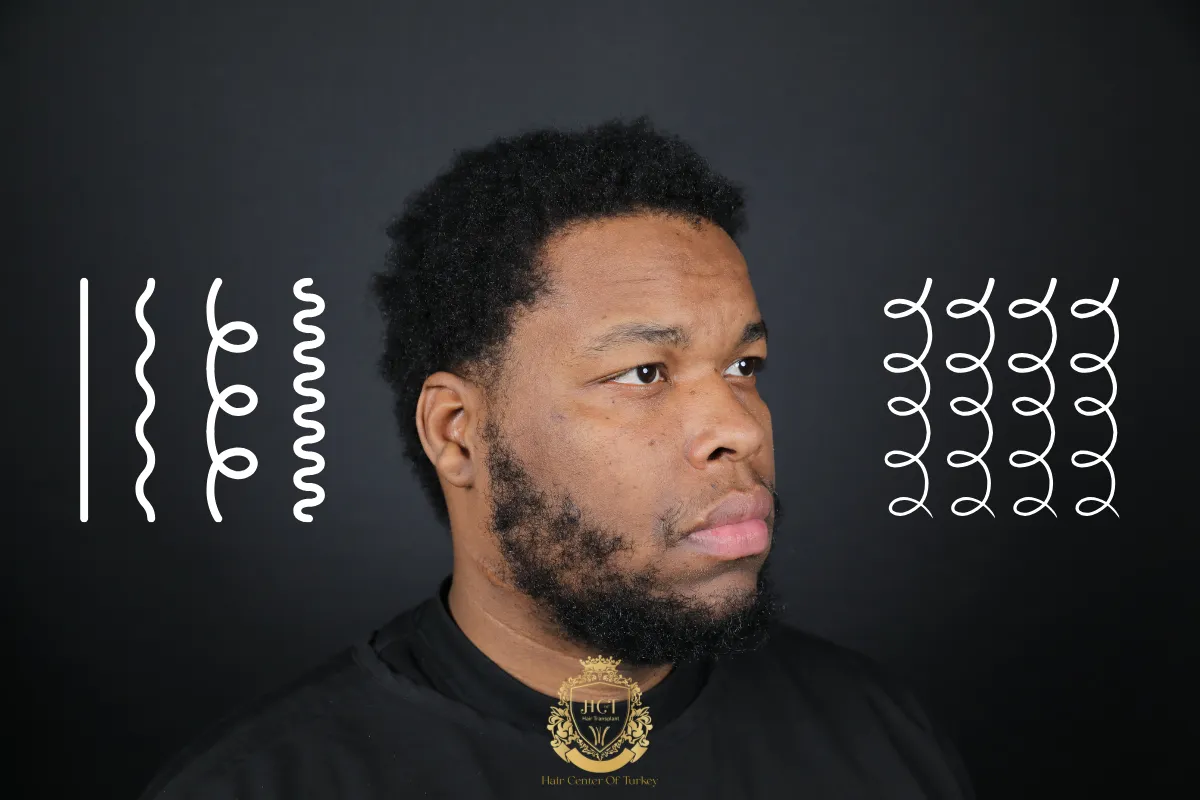
What Are the Best Hair Care Practices for Afro Hair Types?
Proper care is crucial to keep afro hair healthy and vibrant, no matter the subcategory.
- Moisturize Often: Afro hair thrives on moisture. Use leave-in conditioners, oils like jojoba or argan, and shea butter.
- Protective Styling: Styles like braids, twists, and buns help reduce breakage and retain length.
- Low Manipulation: Avoid excessive combing and styling to prevent hair breakage.
- Gentle Cleansing: Use sulfate-free shampoos that won’t strip away natural oils.
- Deep Conditioning: Regular deep conditioning treatments strengthen hair and enhance elasticity.

What Are Common Challenges for Afro Hair and How Can You Overcome Them?
- Dryness: Combat this by layering moisture (using the LOC or LCO method — Liquid, Oil, Cream).
- Shrinkage: While natural, shrinkage can be managed with gentle stretching techniques like banding or twist-outs.
- Breakage: Minimize breakage by detangling hair when it’s damp and coated with conditioner, and always use a wide-tooth comb or fingers.
How Can You Create a Hair Care Routine Based on Your Afro Hair Type?
Building a routine specific to your curl pattern ensures that your hair stays healthy and grows strong.
- For 4A Hair: Focus on hydration and light products to define curls.
- For 4B Hair: Use heavier creams to lock in moisture and maintain volume.
- For 4C Hair: Implement heavy butters and oils to seal moisture and protective styles to minimize manipulation.
Consistency is key! Stick to a schedule for washing, deep conditioning, and moisturizing.
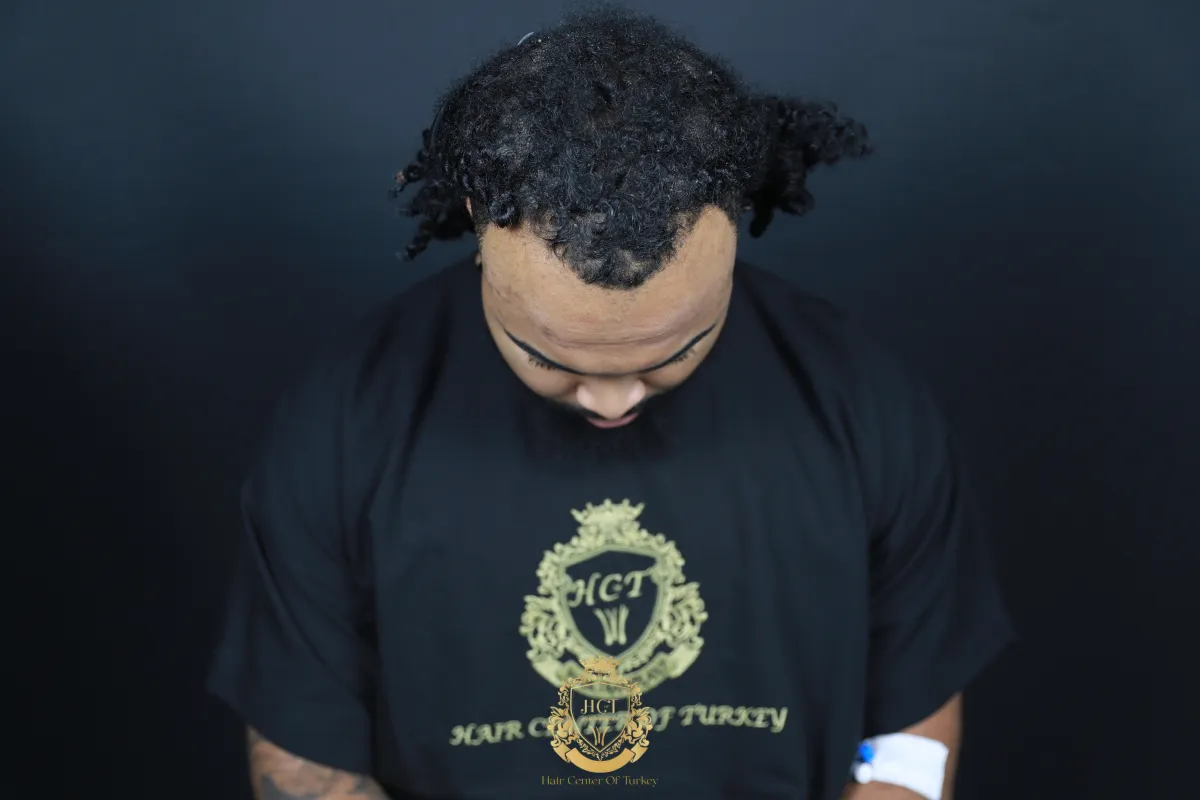
Are There Specific Hairstyles That Suit Each Afro Hair Type?
Yes! Embracing styles that work with your texture can make hair care easier and protect your strands.
- 4A Hair Styles: Wash-and-go, twist-outs, flexi rod sets.
- 4B Hair Styles: Bantu knots, braid-outs, fluffy afros.
- 4C Hair Styles: Protective styles like box braids, wigs, and updos, as well as defined twist-outs with heavier creams.
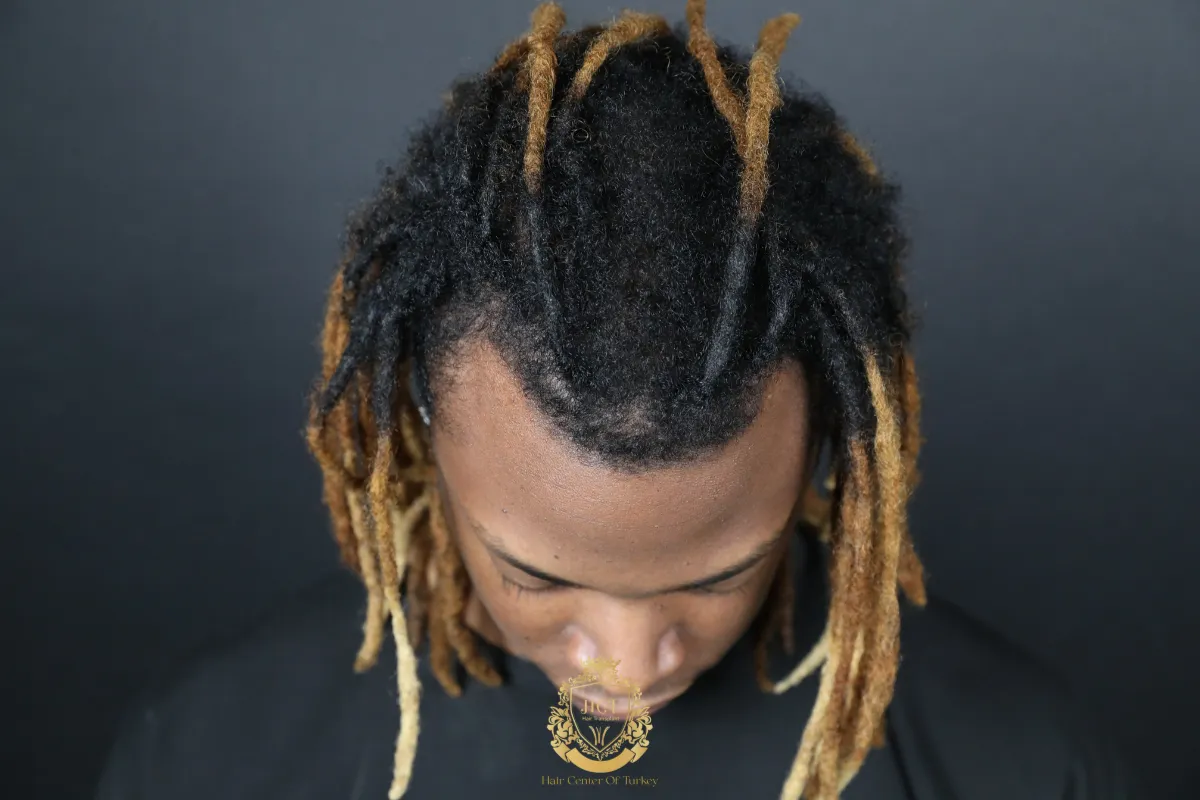
What Products Should You Avoid for Afro Hair Types?
Not all products are created equal when it comes to afro hair. You should generally avoid:
- Sulfates: These can strip natural oils and lead to excessive dryness.
- Silicones: They can cause buildup that’s hard to remove without harsh shampoos.
- Alcohol-based products: They tend to dry out textured hair very quickly.
Instead, opt for moisturizing, natural-ingredient-rich products formulated for textured hair.
FAQs

